
24 Oct, 2014
In Pictures: Aceh Marks 10 Years Since One of the World’s Worst Natural Disasters
Banda Aceh, Indonesia. Ten years after the Dec 26, 2004, which devastated huge swathes of coastline and the city of Banda Aceh, on the northern tip of Indonesia, the city is hosting its first travel show, the Tourism Indonesia Mart & Expo.
Attended by 60 buyers from 18 countries and 60 sellers from various parts of Indonesia, TIME 2014 is sending a clear signal to the world that it is time to support the ongoing social and economic revival of this highly productive and strategic part of the world, with great potential for reflective, soul-searching tourism that goes well beyond the mundane sight-seeing routines. There are a number of good hotels. The airport has direct flights from Kuala Lumpur, Penang, Medan and Jakarta.
Although TIME 2014 officially began on Oct 23, Travel Impact Newswire Executive Editor Imtiaz Muqbil flew in a day early and toured the region to get a before-and-after look. These pictures tell more than a thousand words each, clearly showing that life is going on as normal. Just about every local resident lost someone in the disaster, and every stop tells a story. May God rest the souls of all the victims in peace.
The morning of Dec 26, 2004.
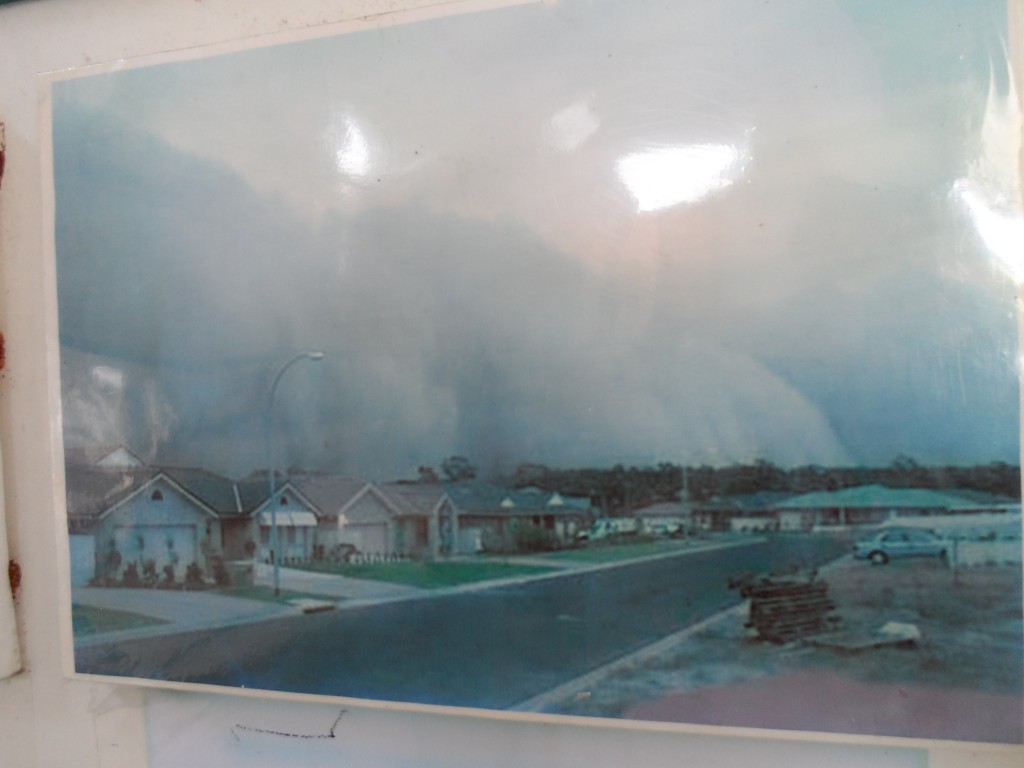
This picture shows the size of the monster tsunami as it strikes the coastline.
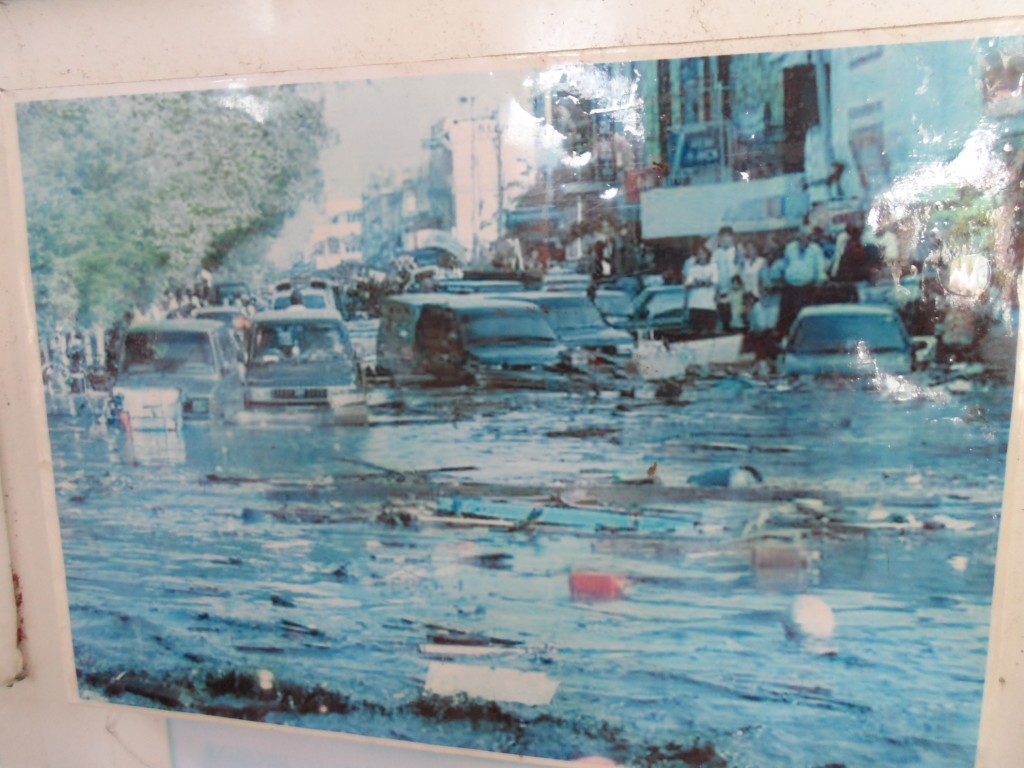
One of the main streets of Banda Aceh in the aftermath.
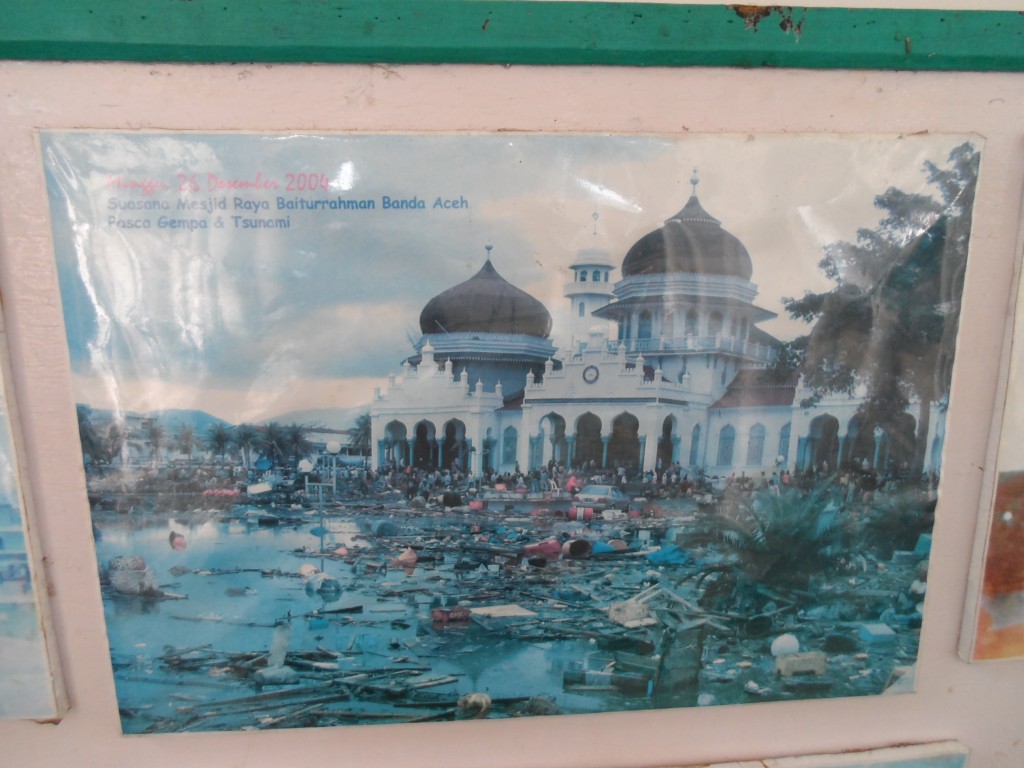
The Masjid (mosque) Baiturrahman was relatively unscathed
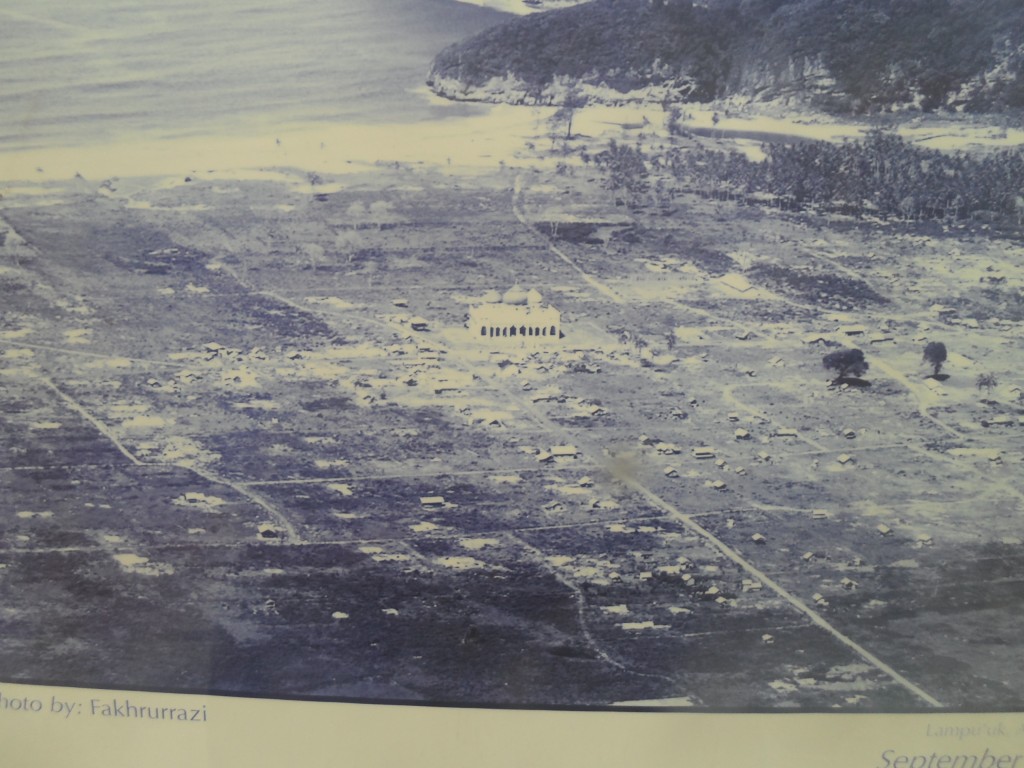
This iconic picture shows the Grand Mosque of Lampuk, the only structure left standing just a few hundred metres from the coastline.
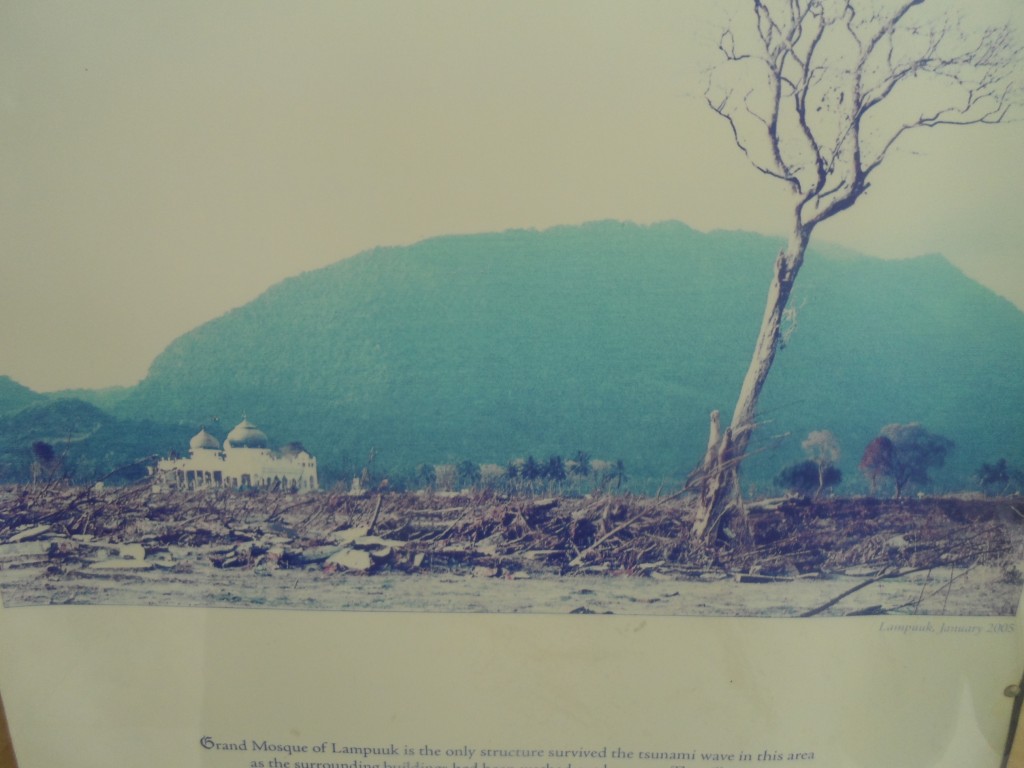
The Grand Mosque of Lampuk, from the ground.
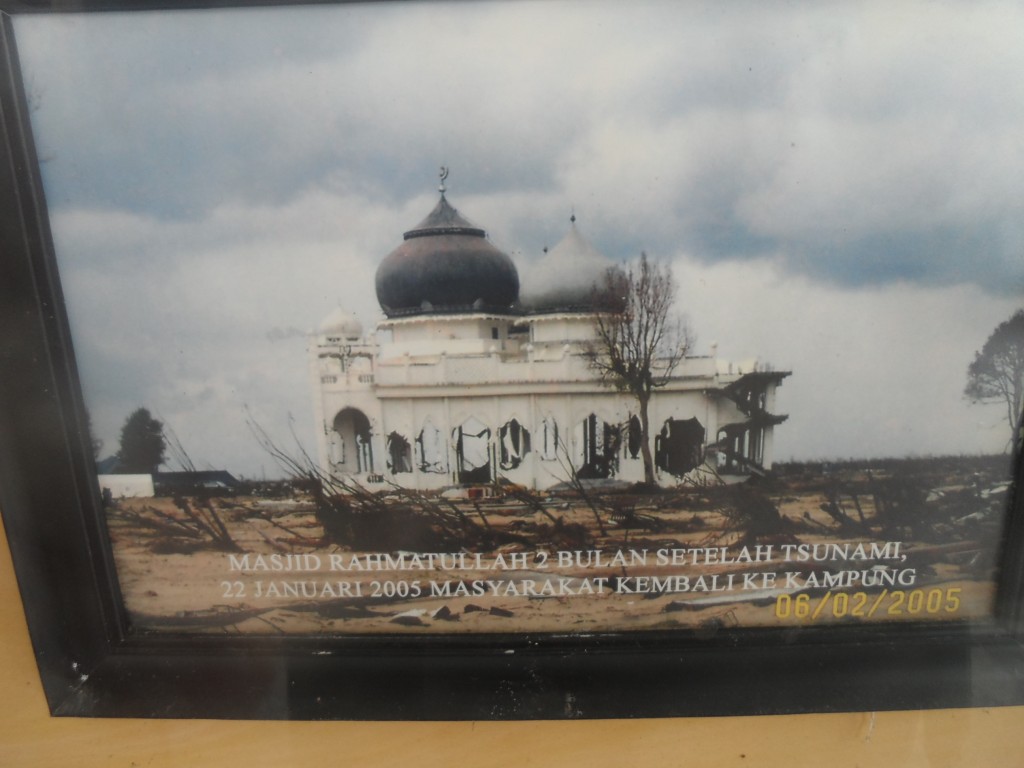
A close-up of the Grand Mosque of Lampuk, also known as Masjid Rahmatullah.
The pictures below show external and internal view of the Masjid Rahmatullah and its surrounding landscape today. Much of the reconstruction funds came from the Turkish Red Crescent, which now has the frontage road named after it.
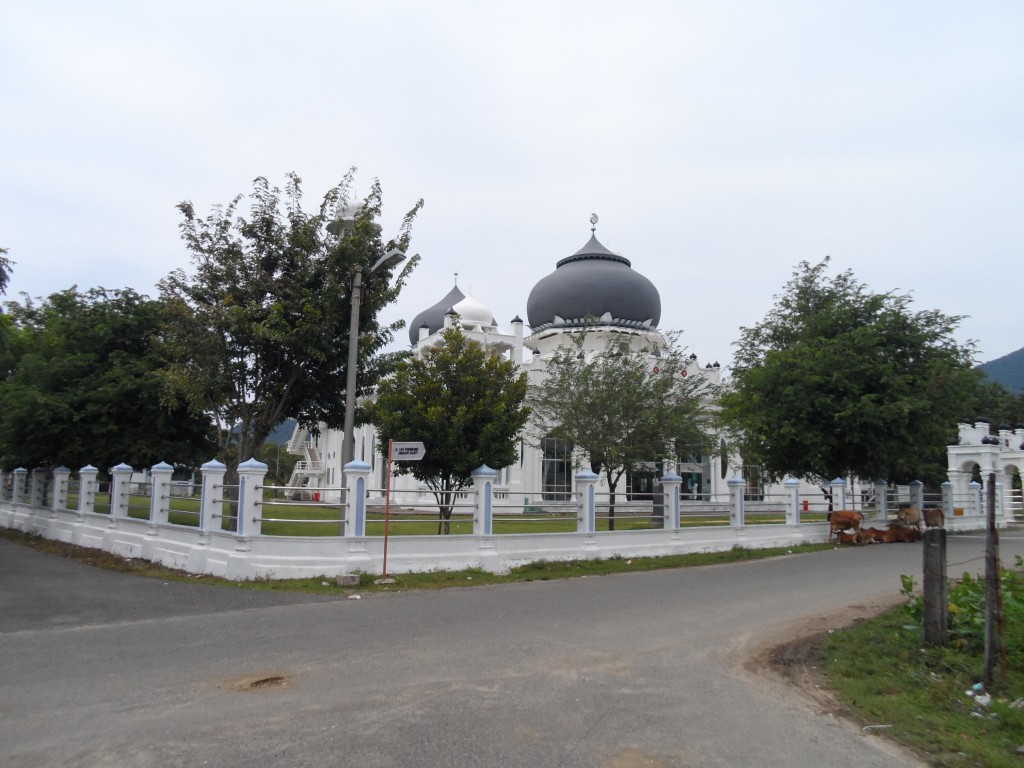
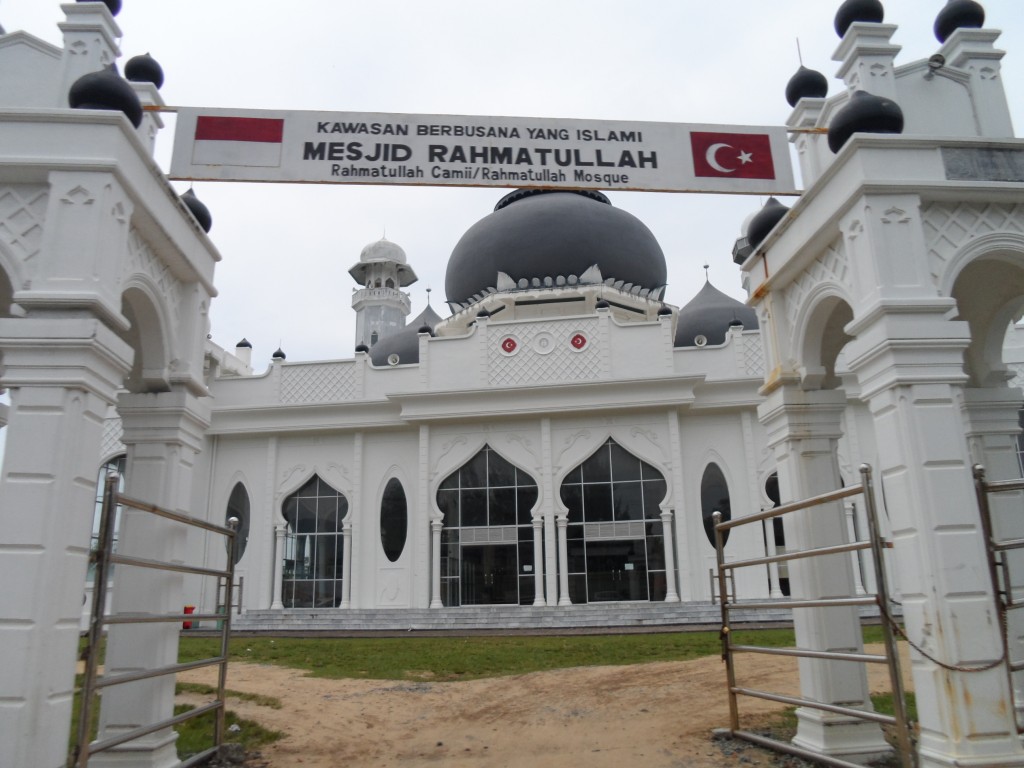
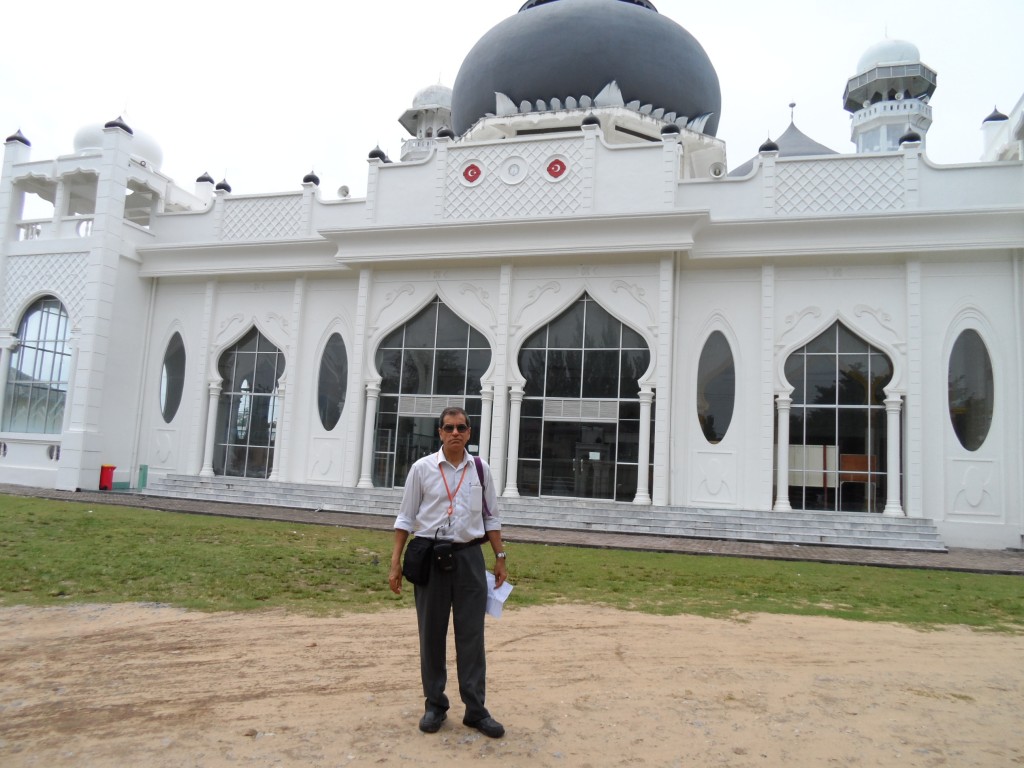
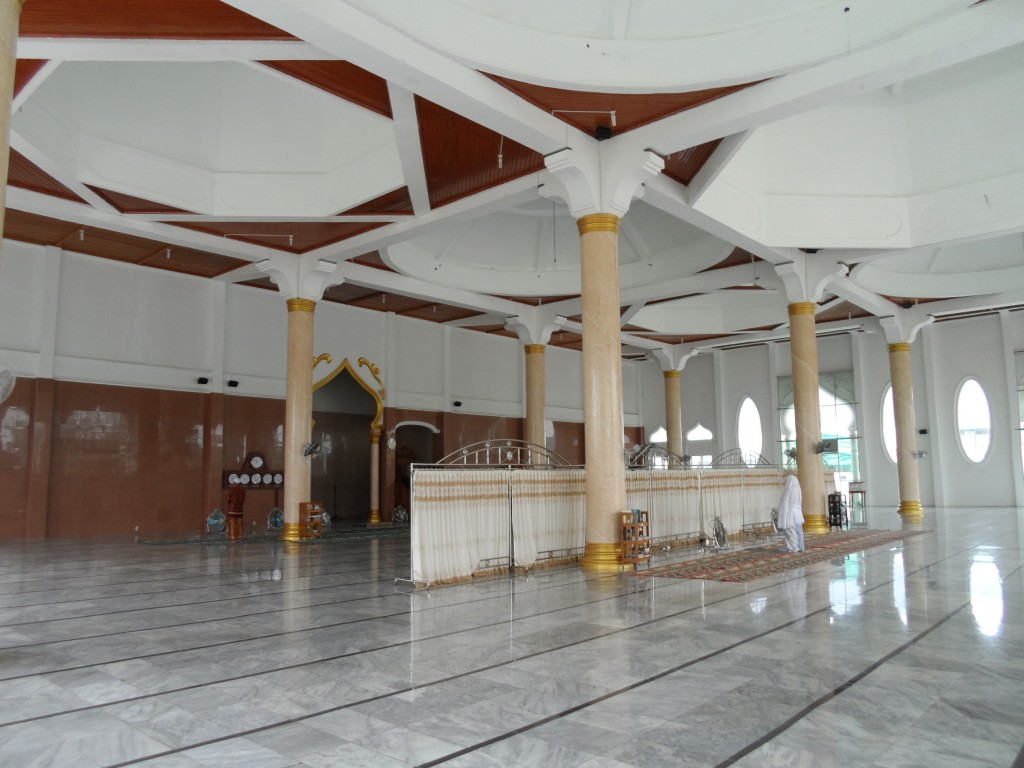
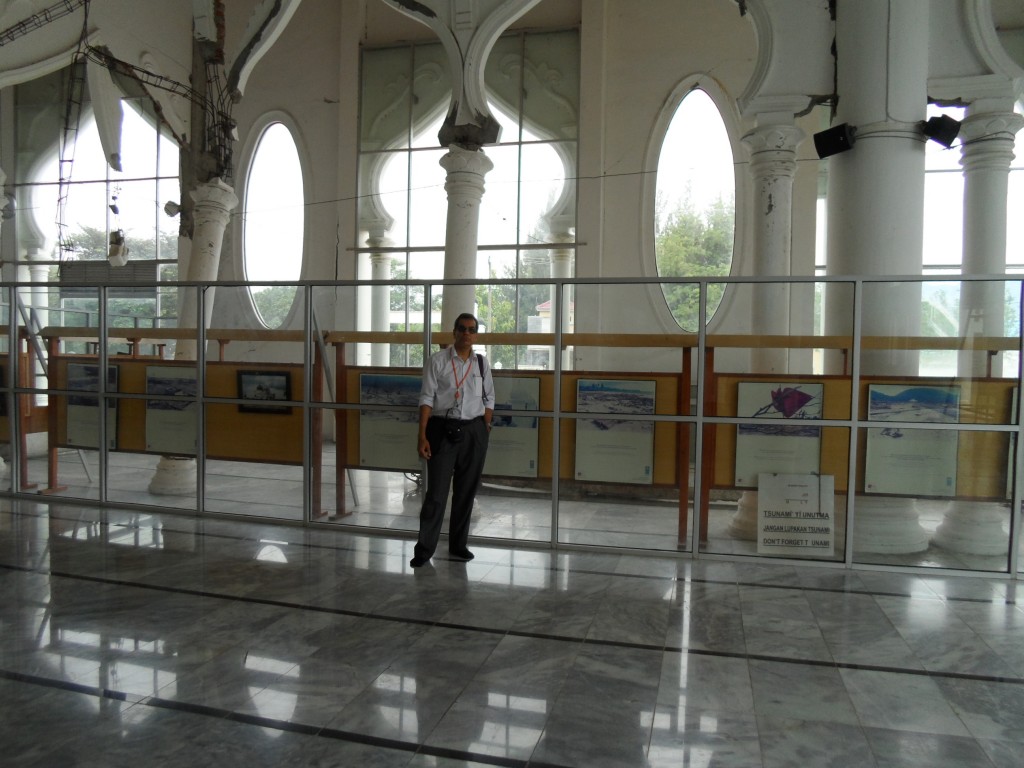
The beautiful beach is just a few hundred metres from the Masjid Rahmatullah
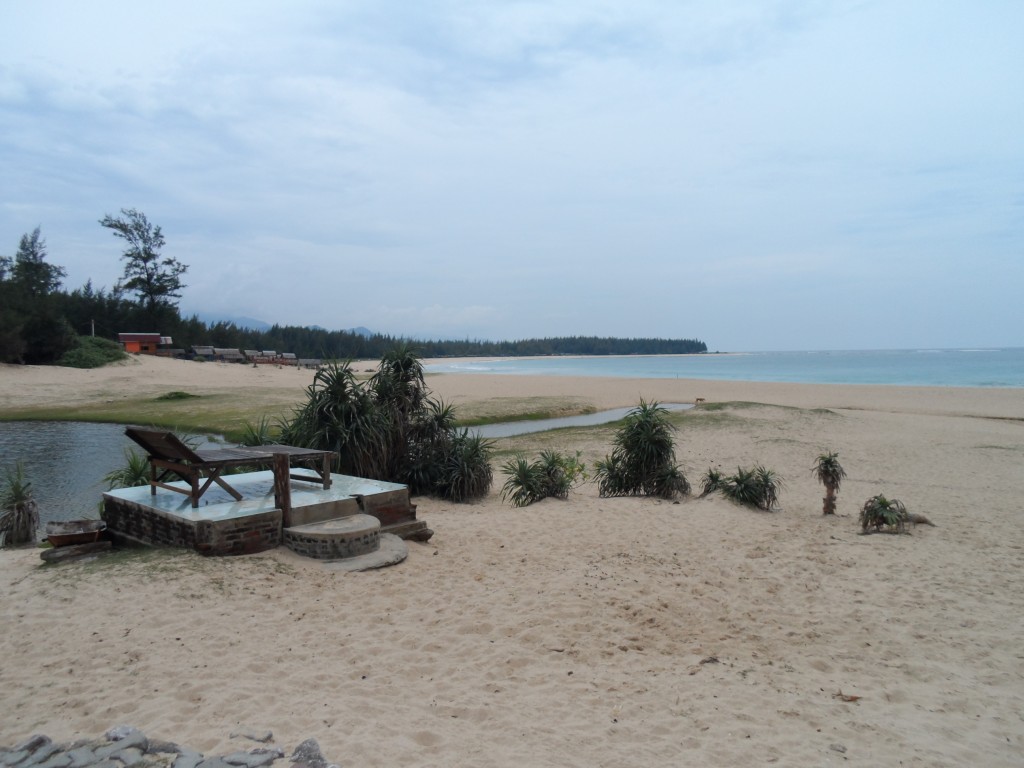
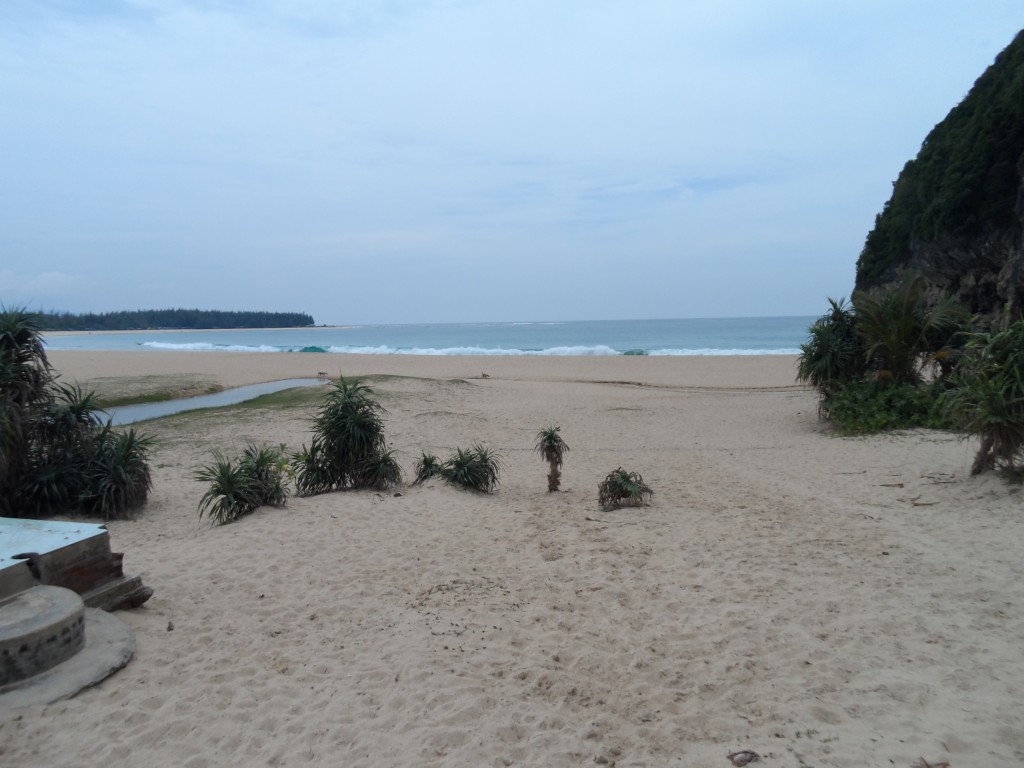
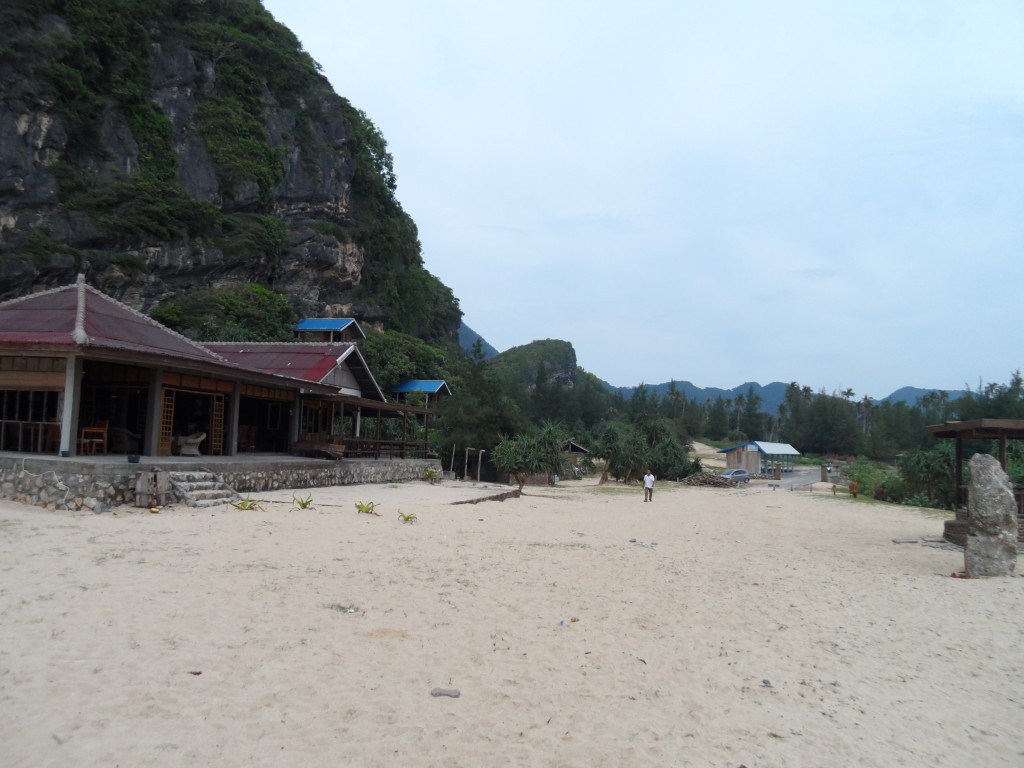
A few residential bungalows have been built there, too.
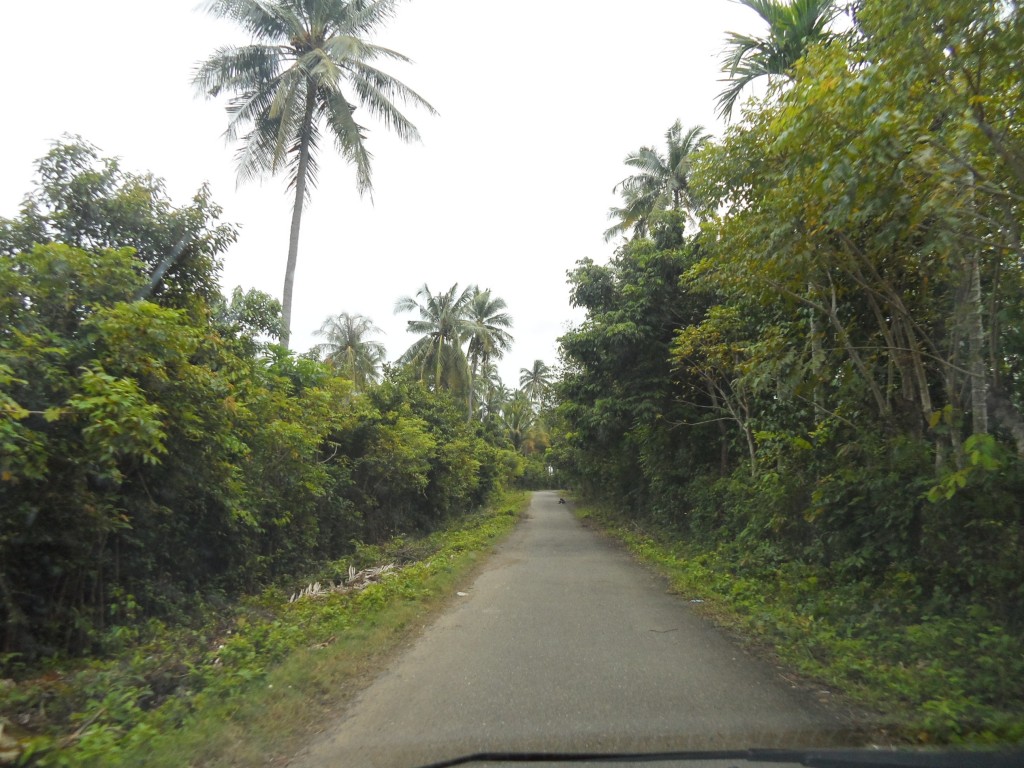
The road leading from the Masjid Rahmatullah to the beach, clearly showing that the natural habitat can revive itself, when left alone free of help from any human saviours.
The Tsunami Museum, a must-visit spot
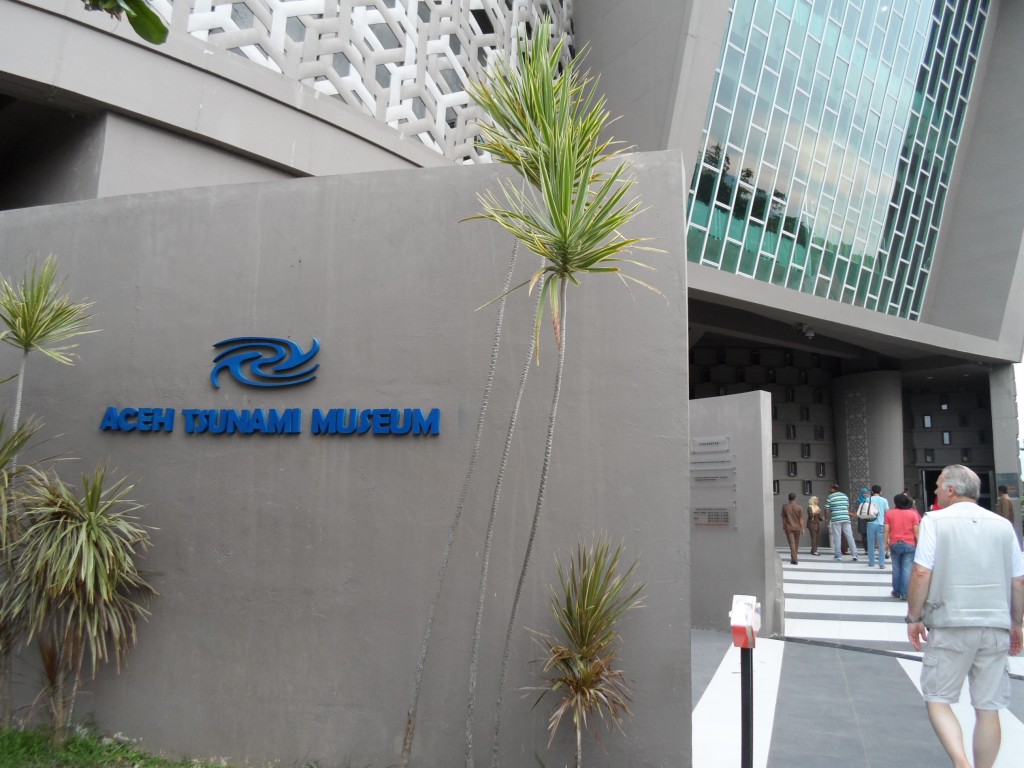
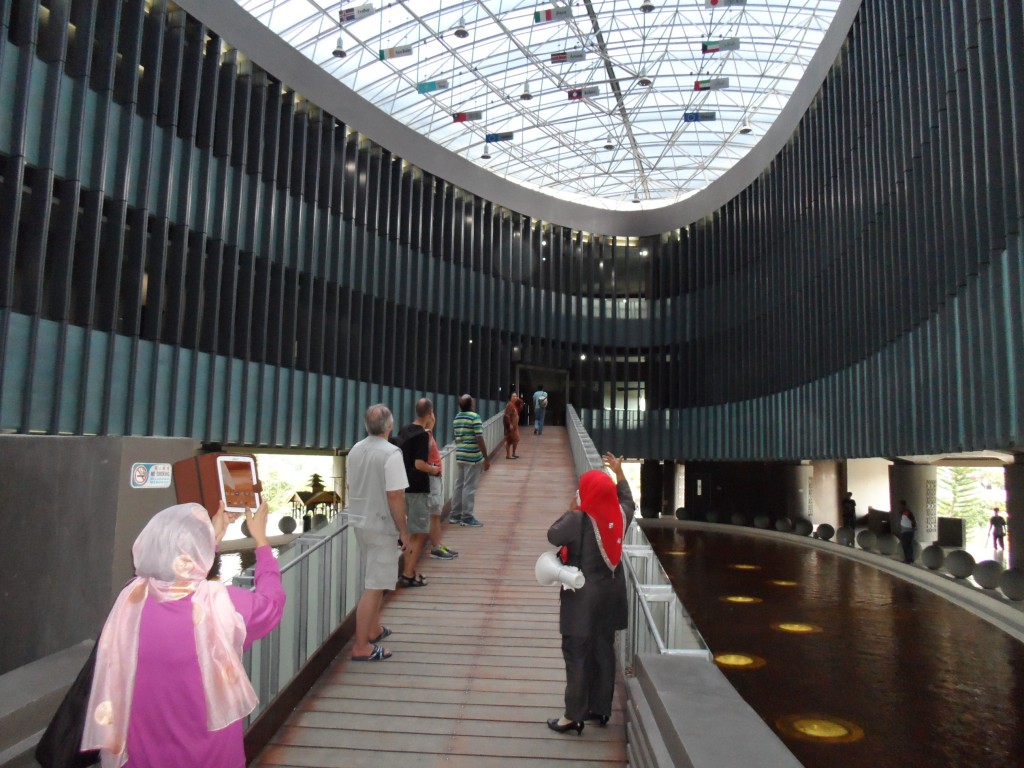
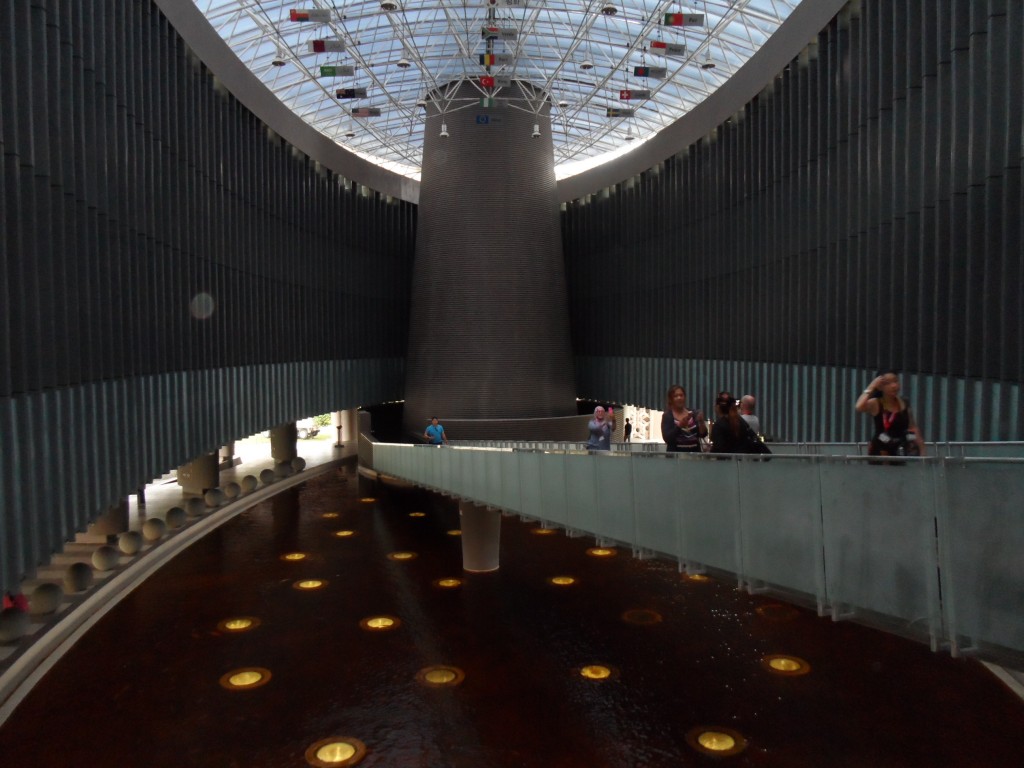
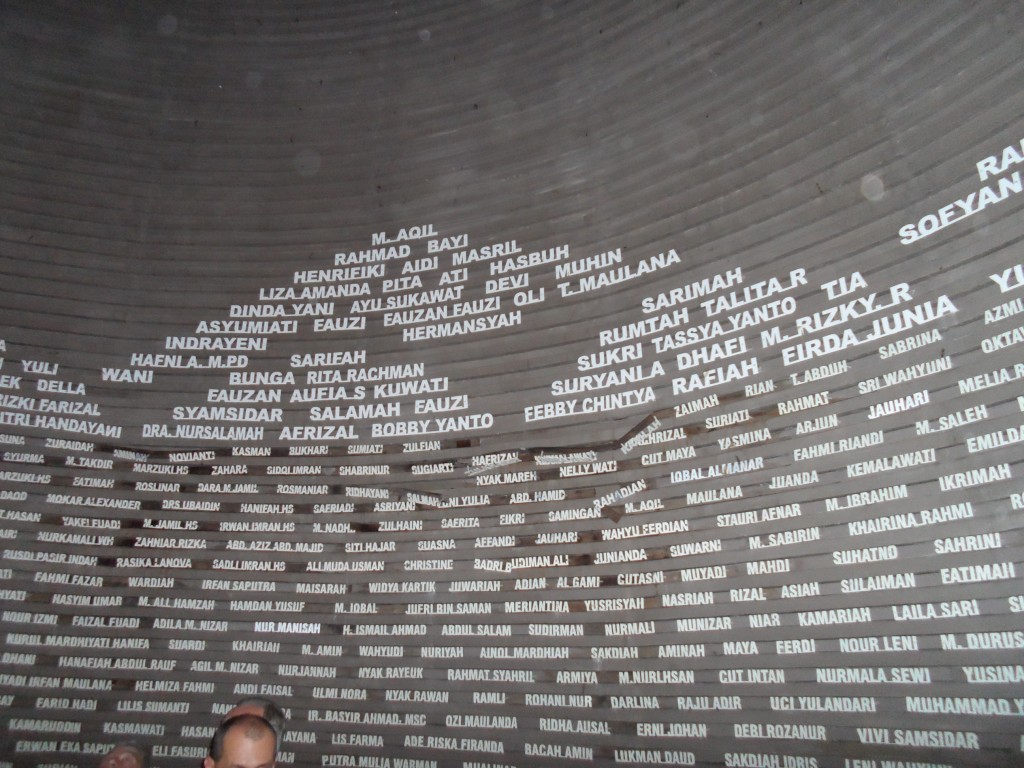
The names of all the victims have been inscribed on the walls of this special chamber.
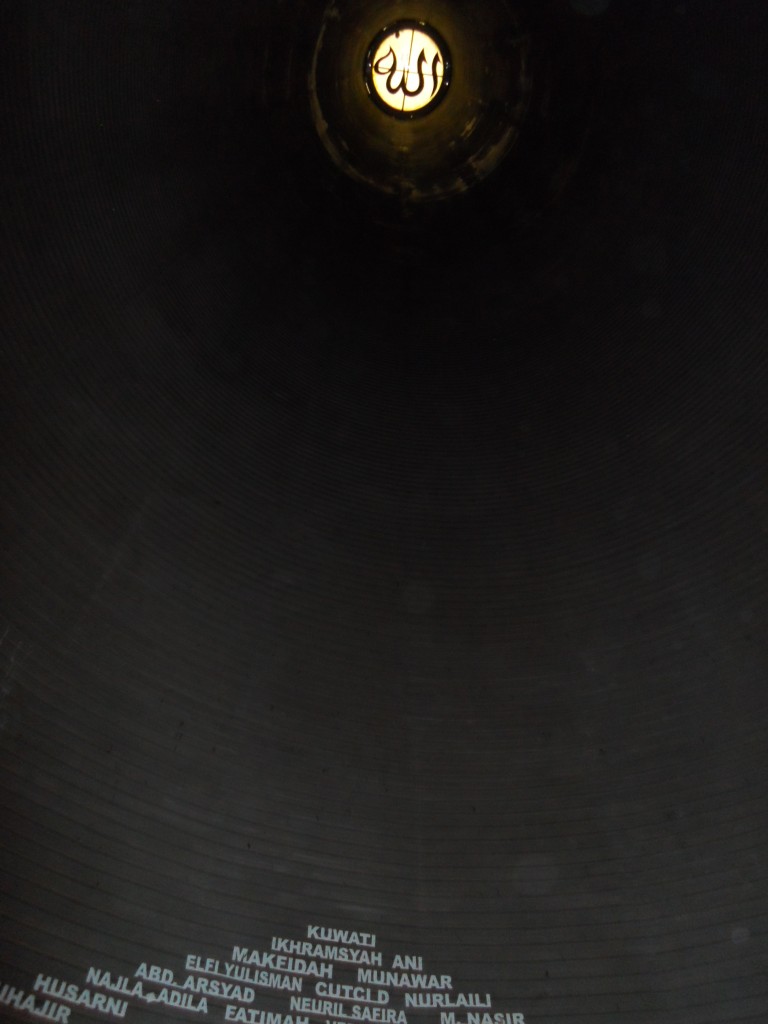
The name “Allah” is illuminated high on the dome of the chamber, against a moonlit backdrop, signifying that all forms of creation eventually return to God.
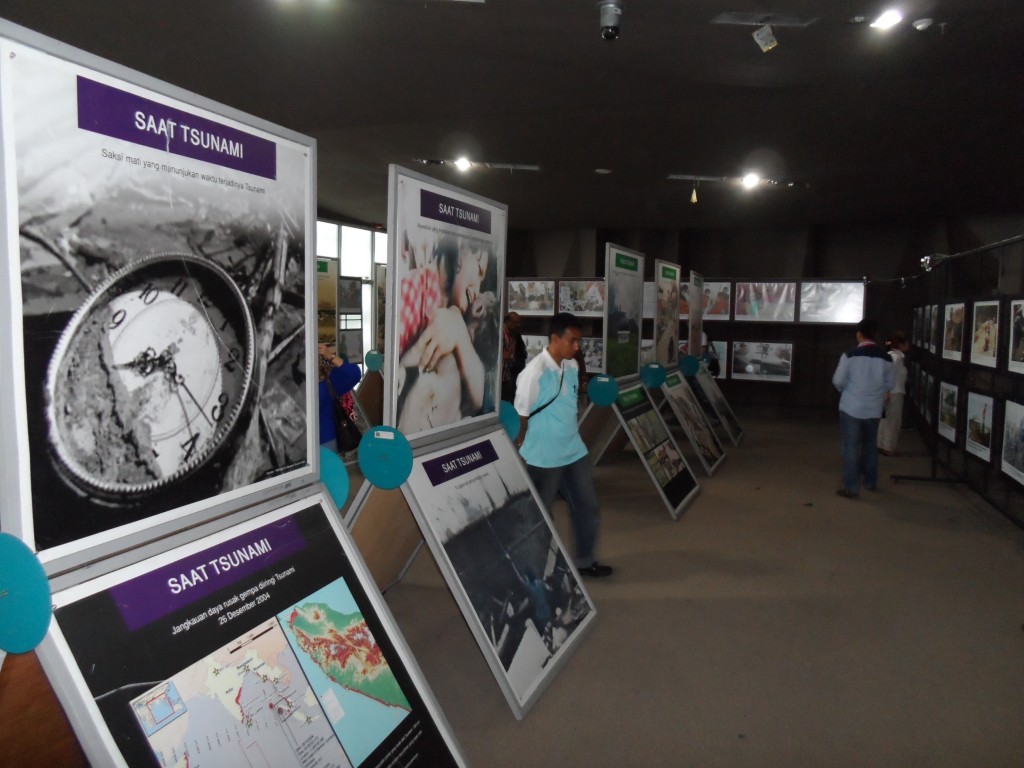
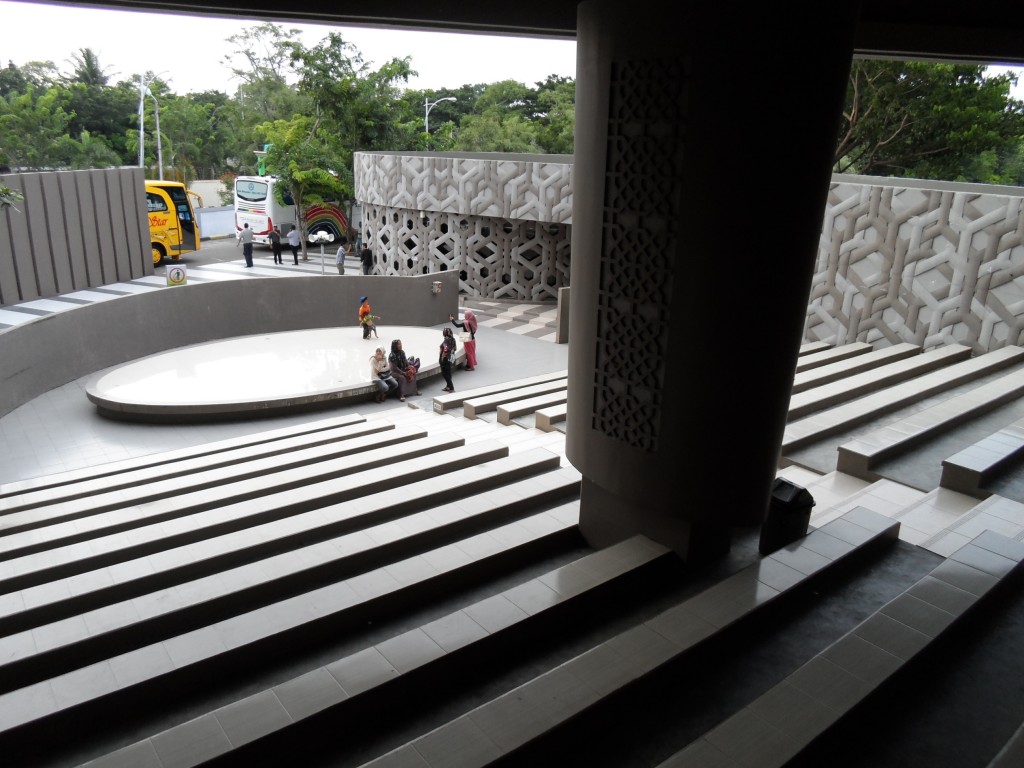
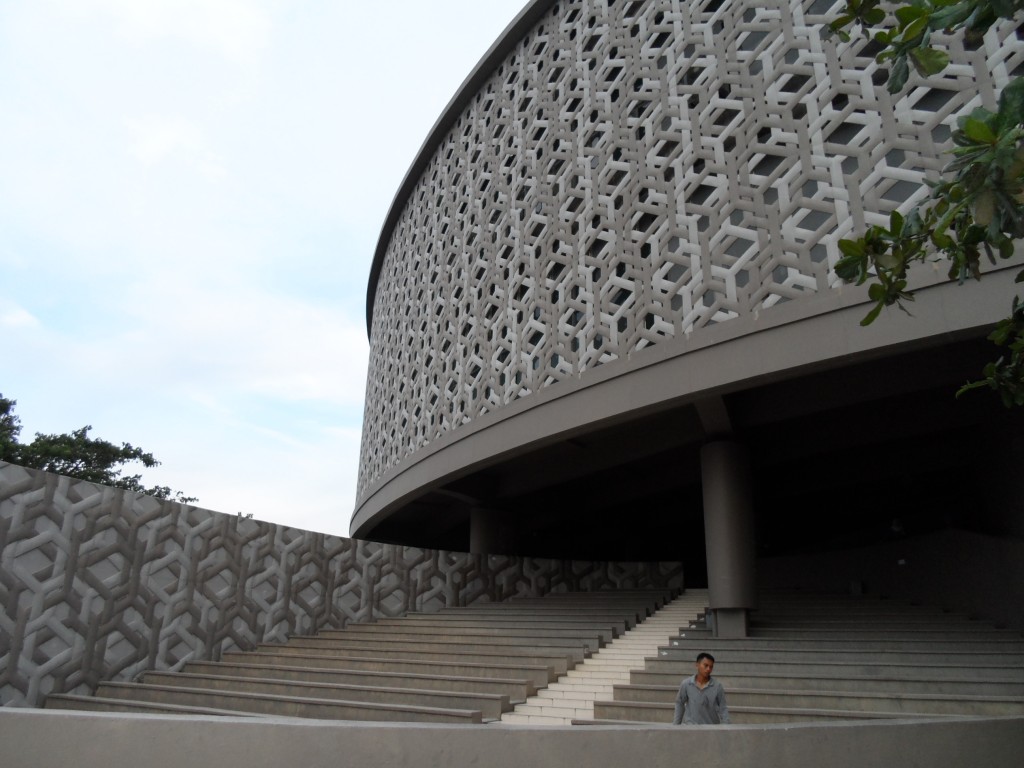
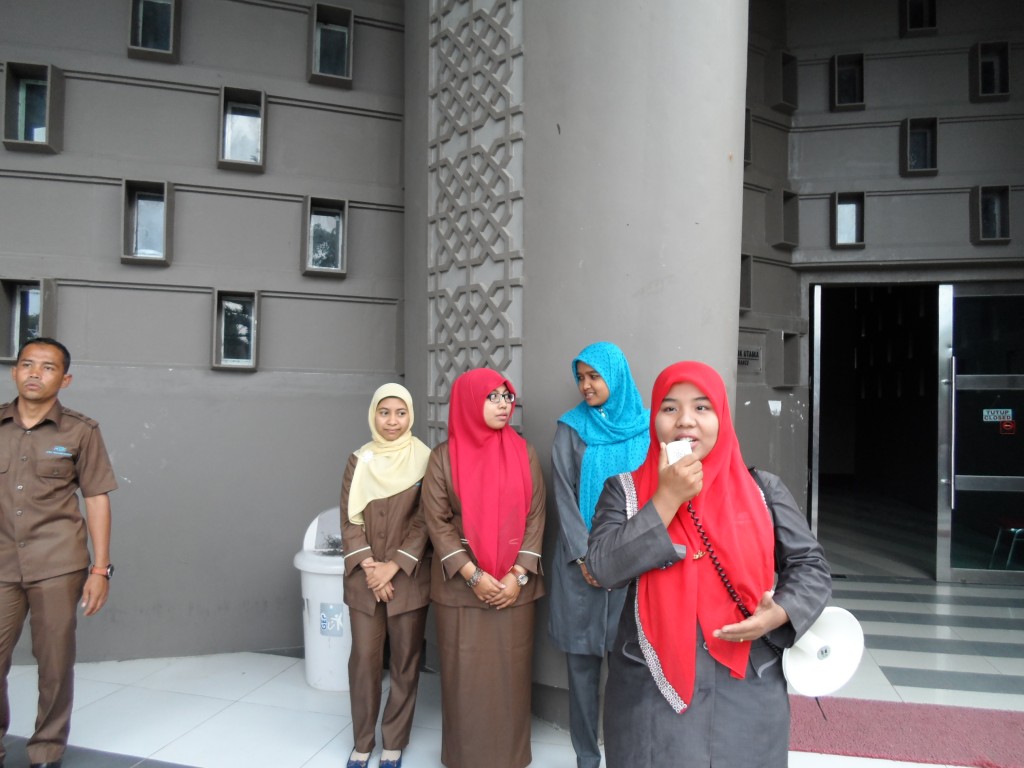
Some of the friendly guides who took us around the Tsunami Museum
The 2,500 ton diesel-powered floating electricity generator, was swept five kilometres inland by the force of the tsunami. It has now become another part of the memorabilia, and is regularly visited by hundreds of domestic tourists every day.
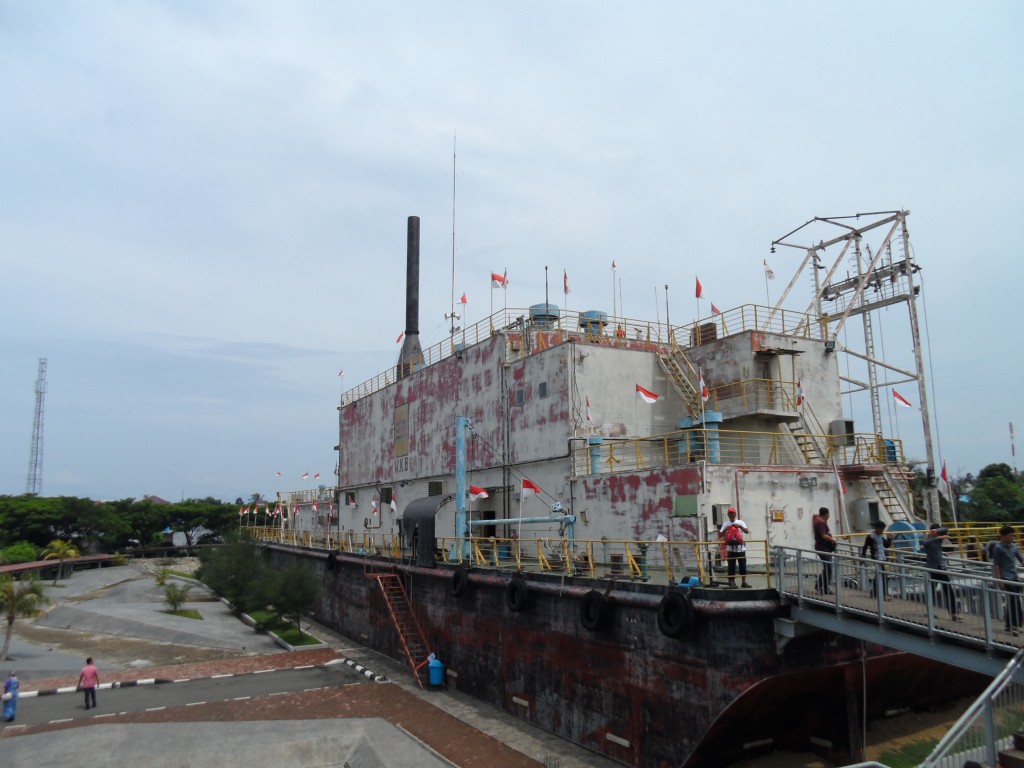
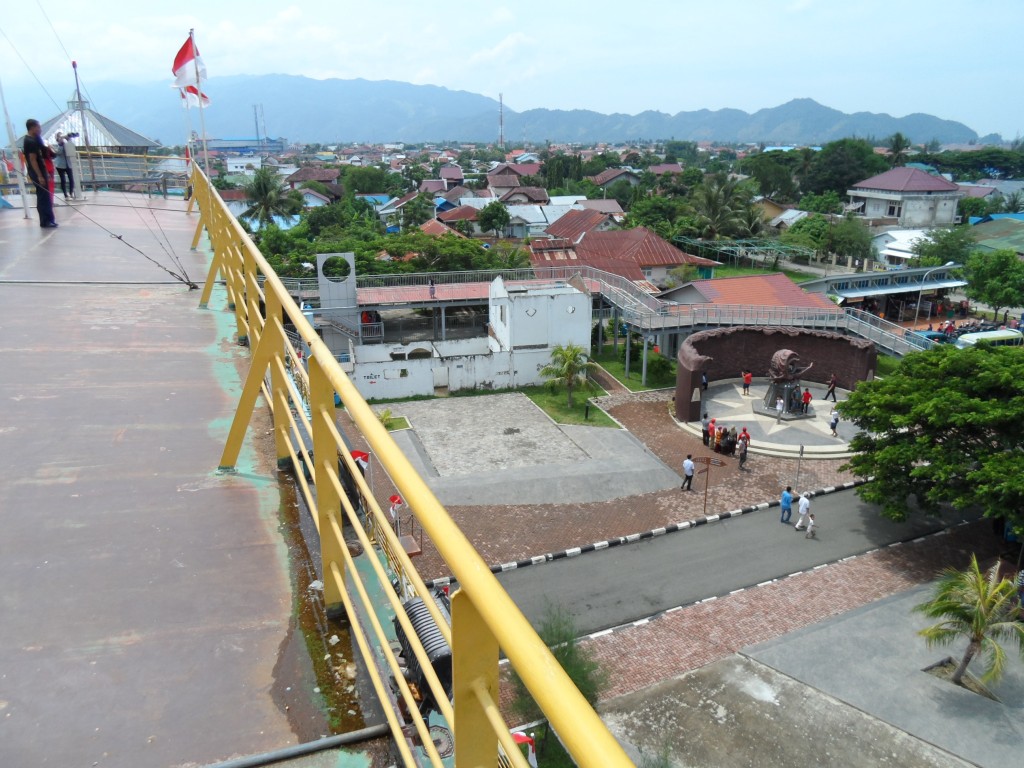
The view from the top, showing how far inland the vessel was swept. The tsunami memorial is on the right.
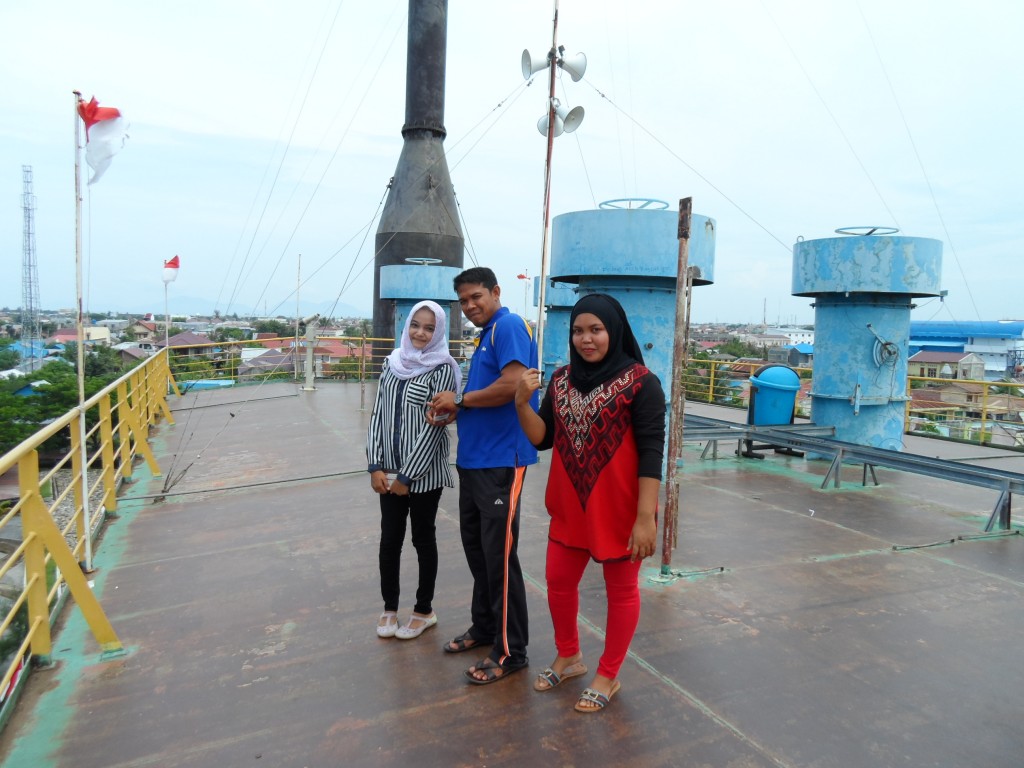
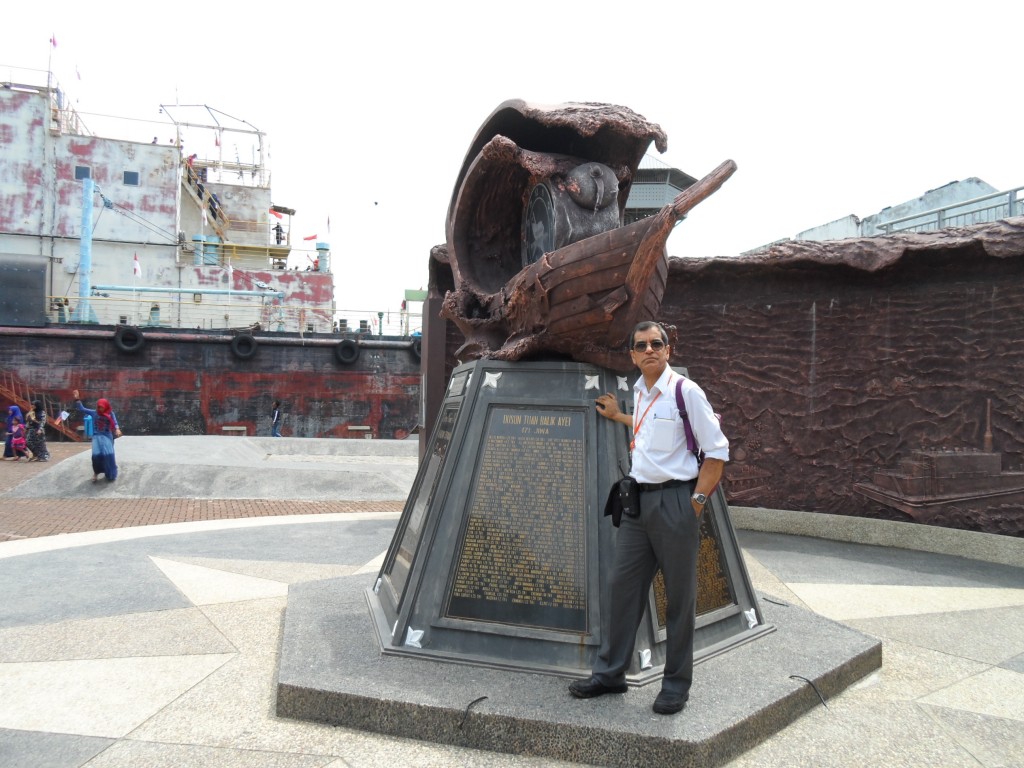
The tsunami memorial
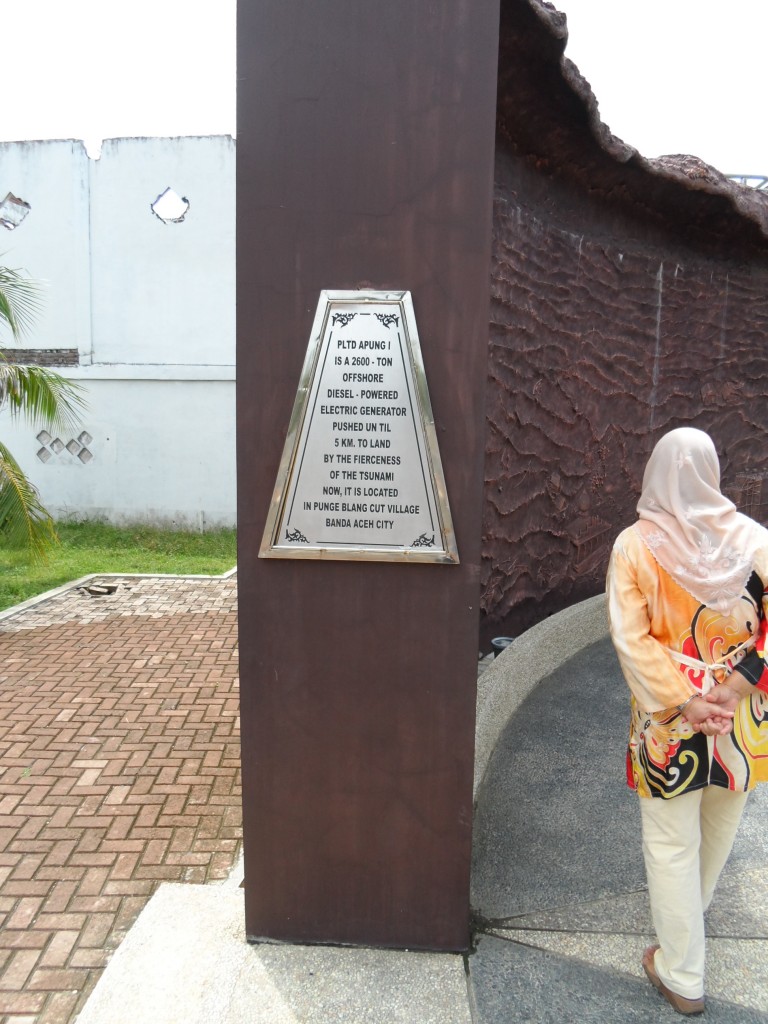
Ship 5
The Aceh Museum is a lovely little place with some wonderful artefacts, literary works and other examples of local lifestyle and traditions.
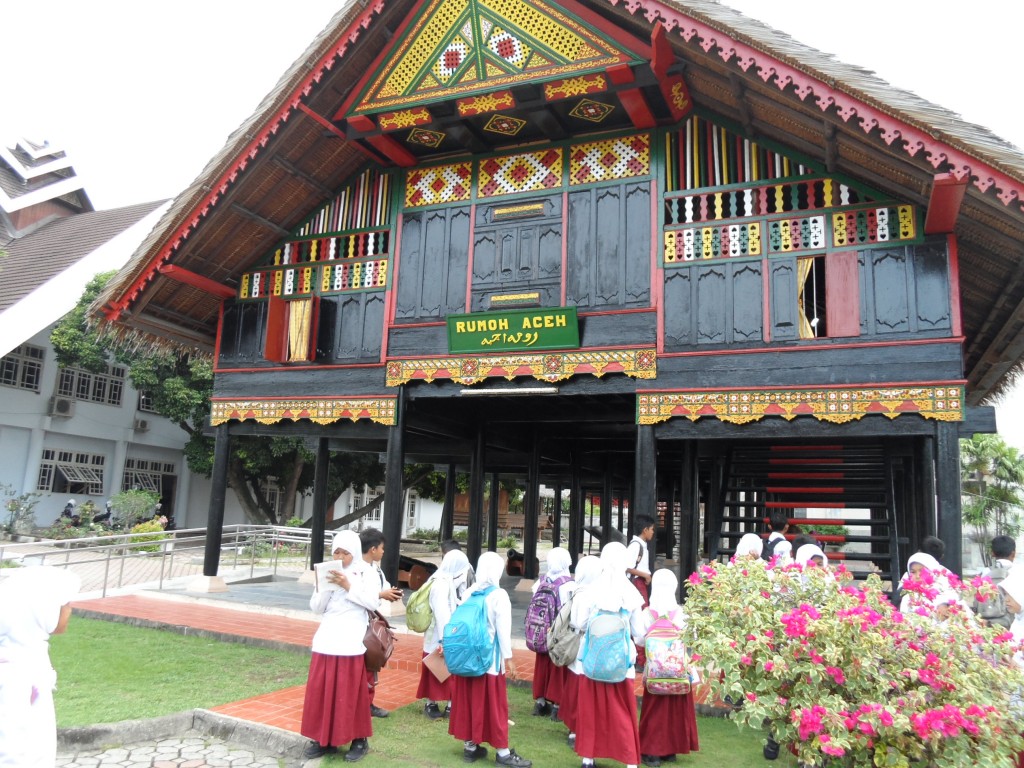
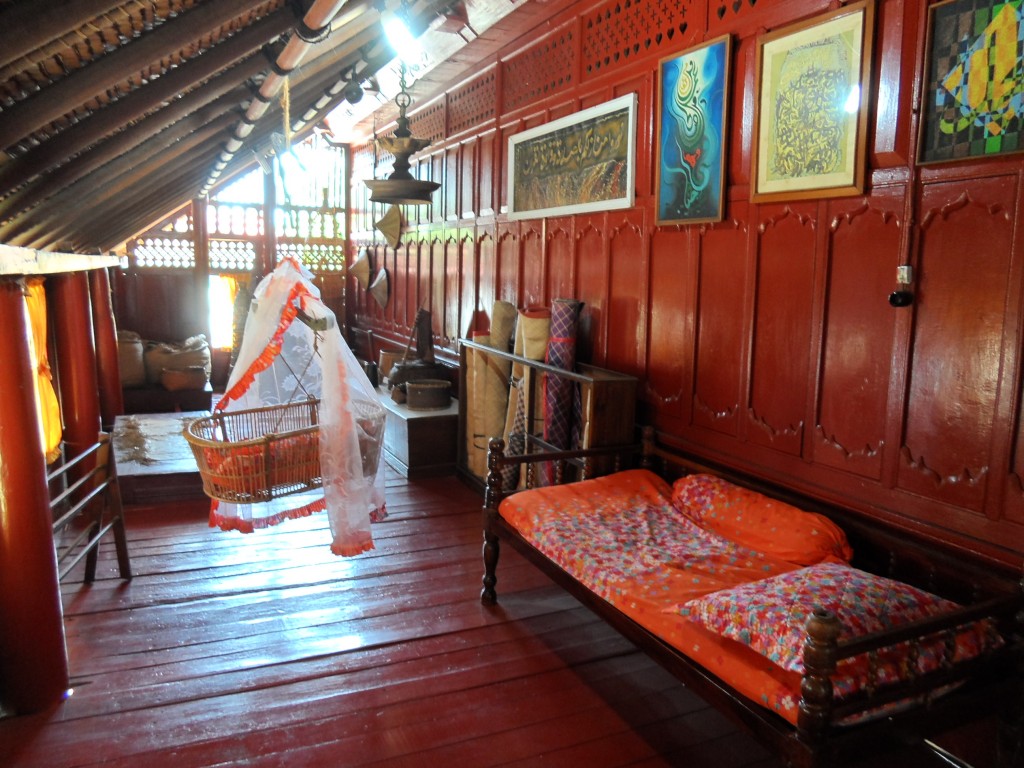
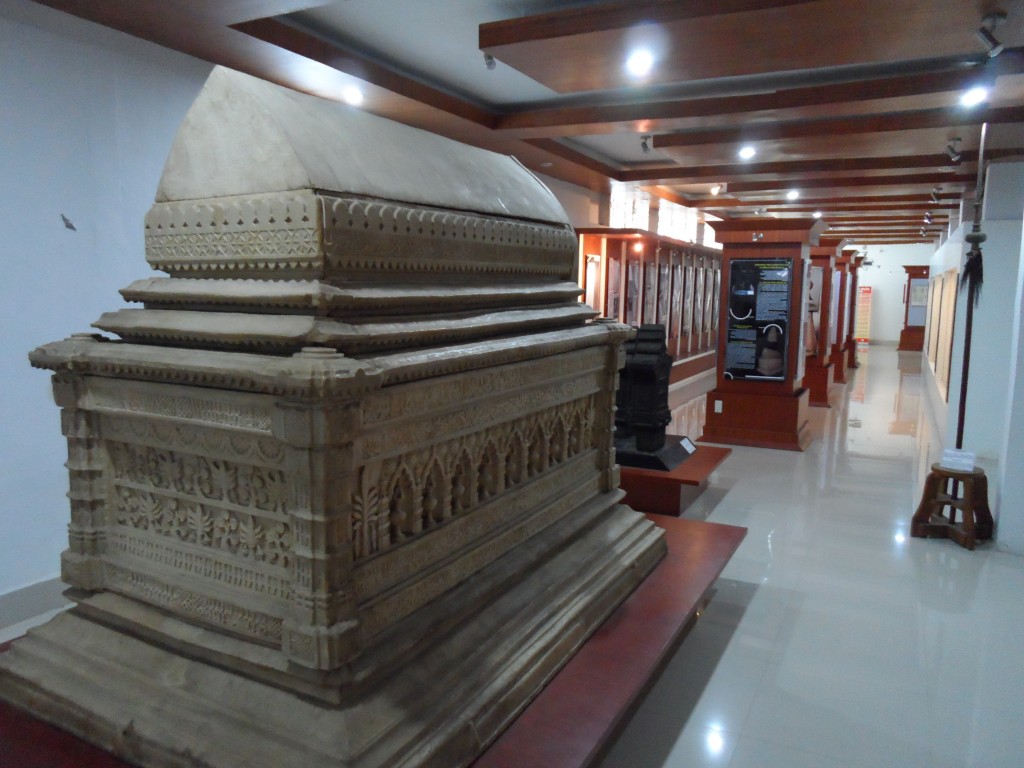
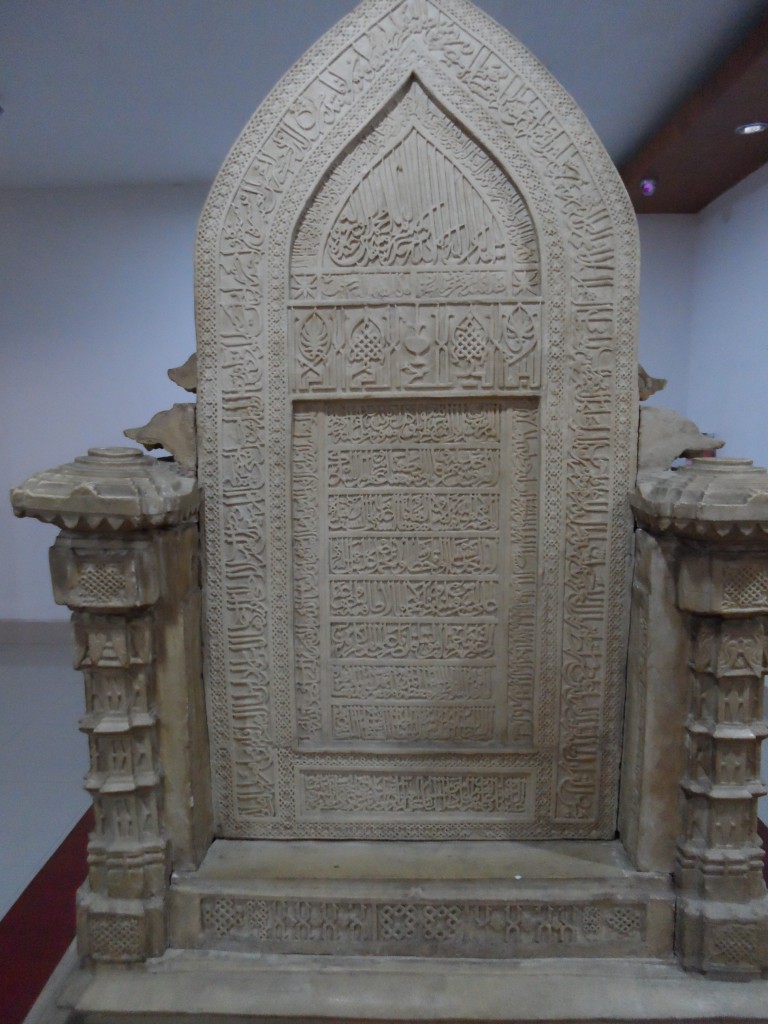
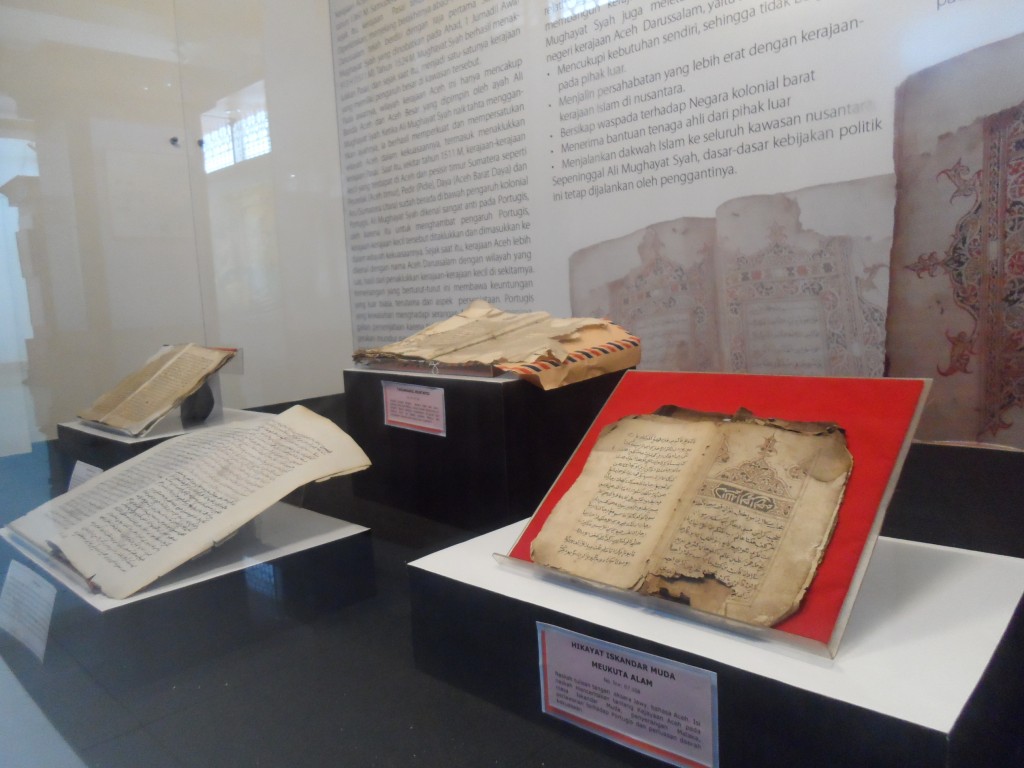
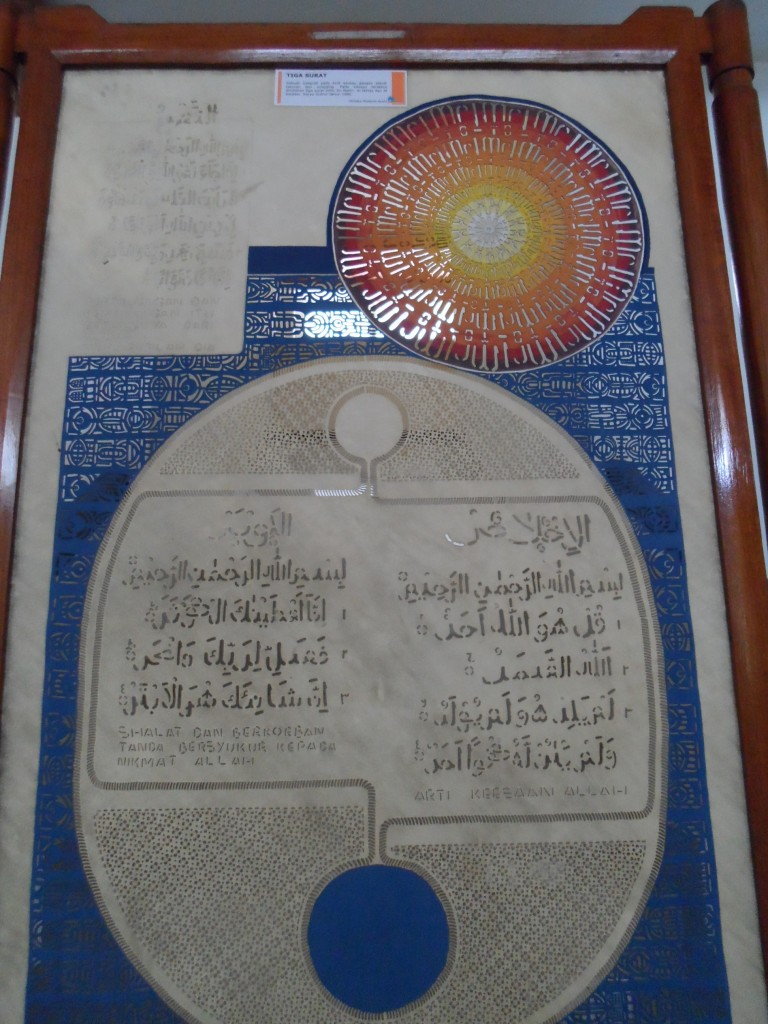
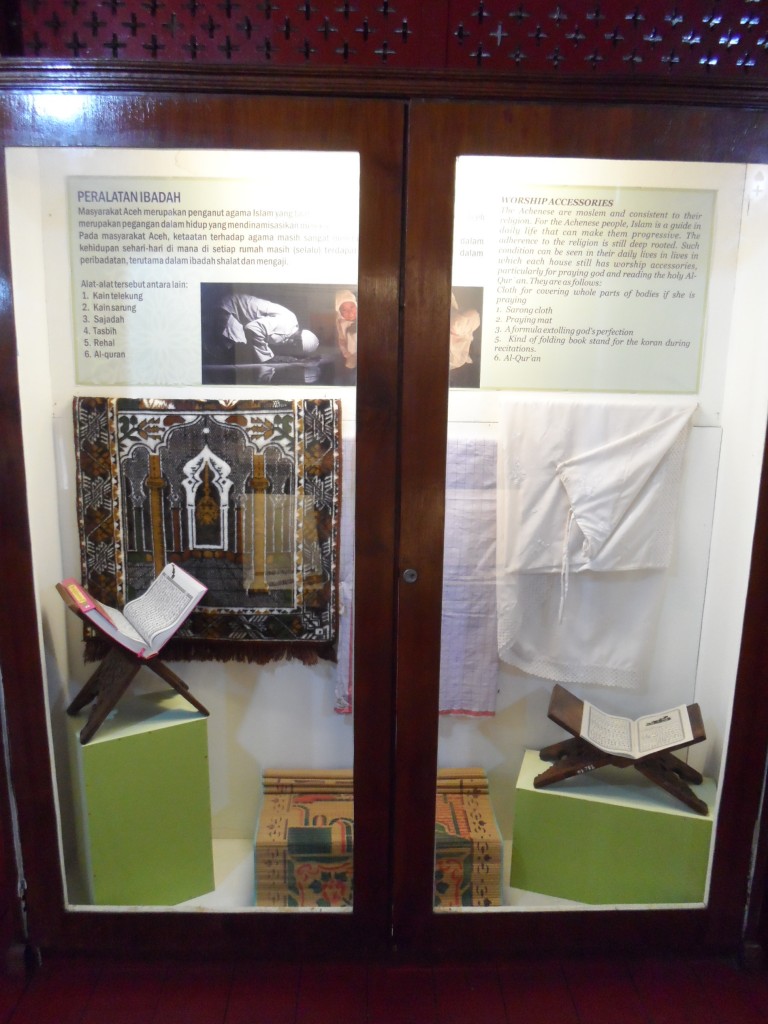
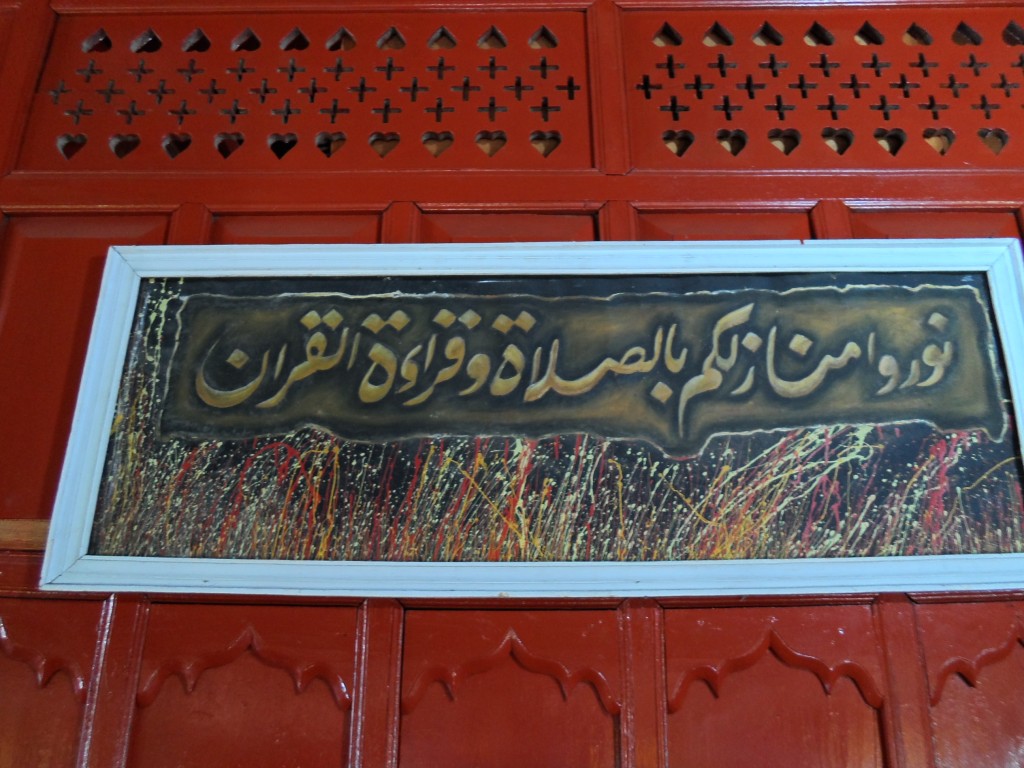
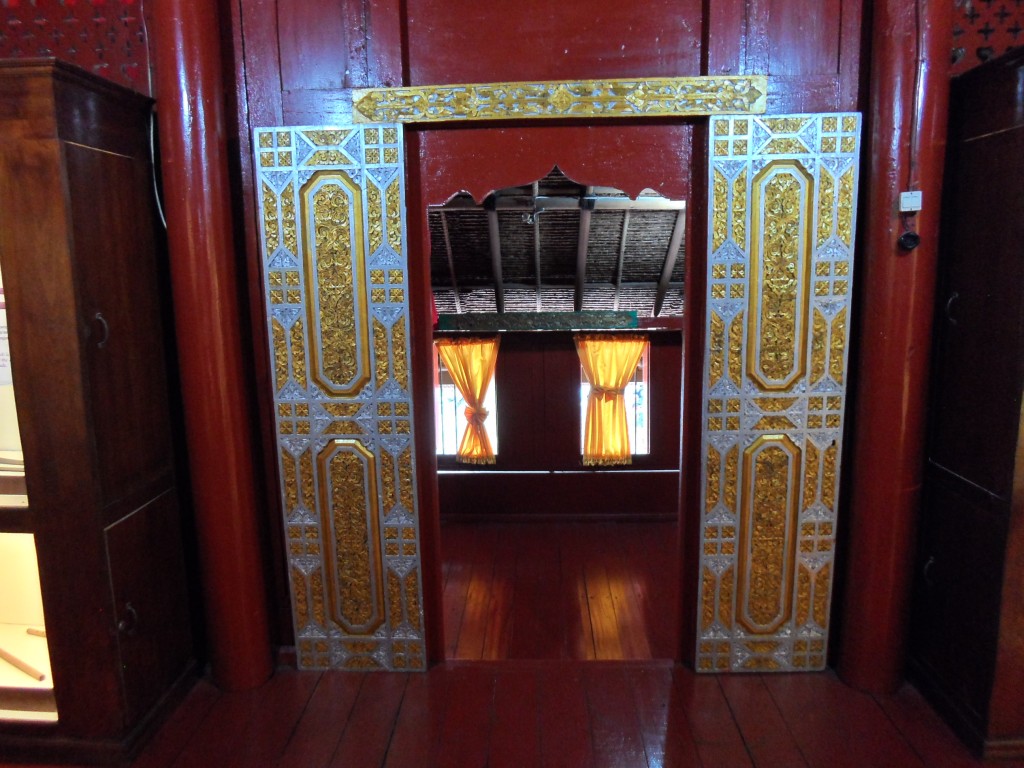
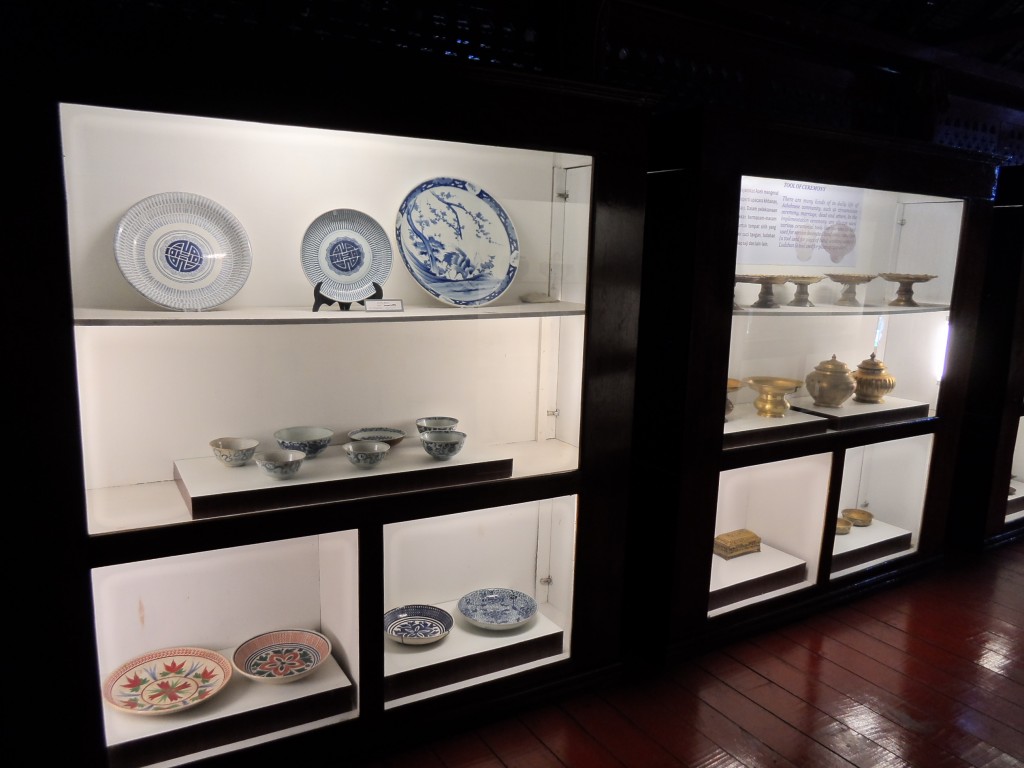
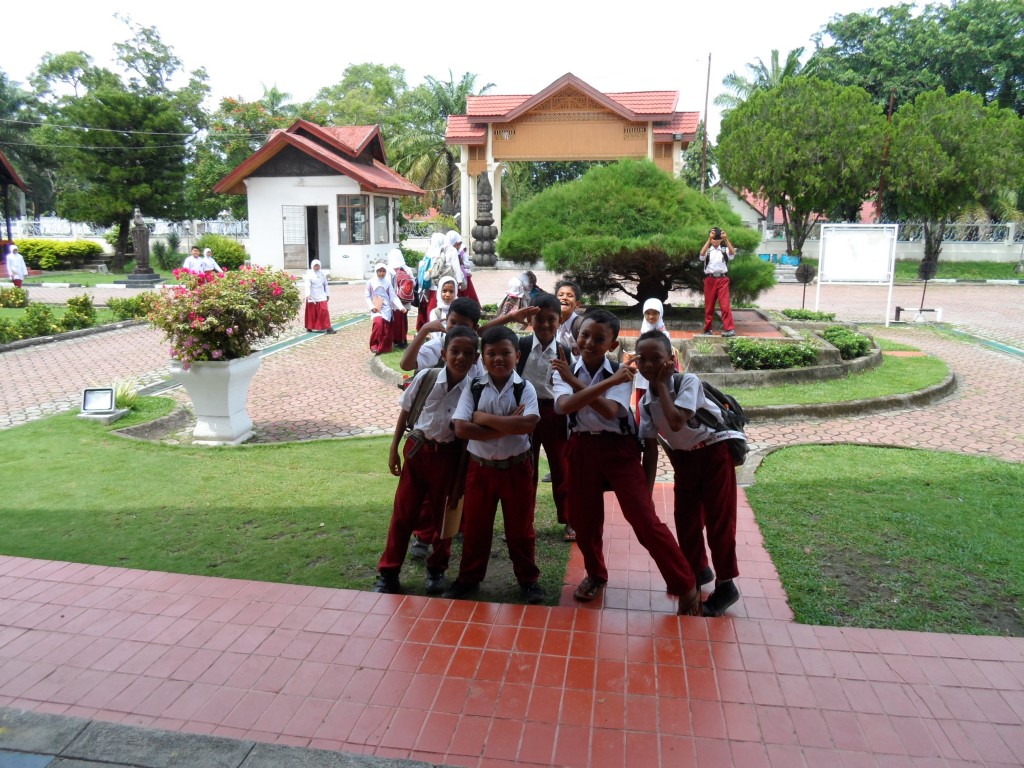
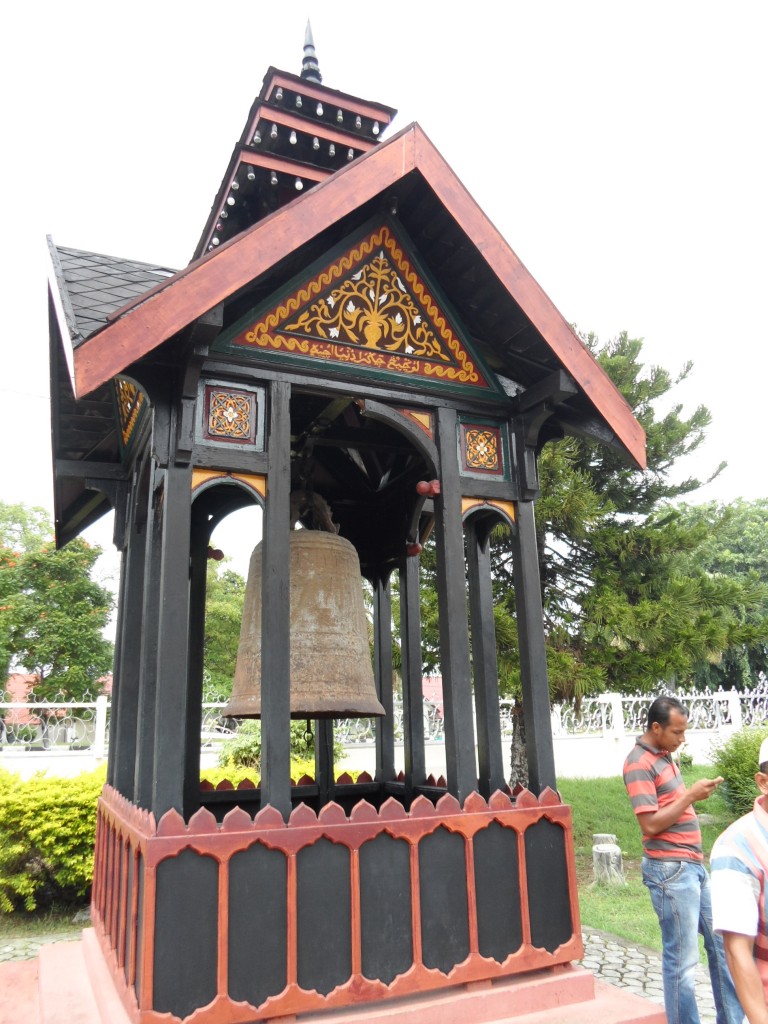
Street Scenes: Malls and shopping complexes are emerging rapidly. If the city is not careful, Aceh will become just another big Asian city.
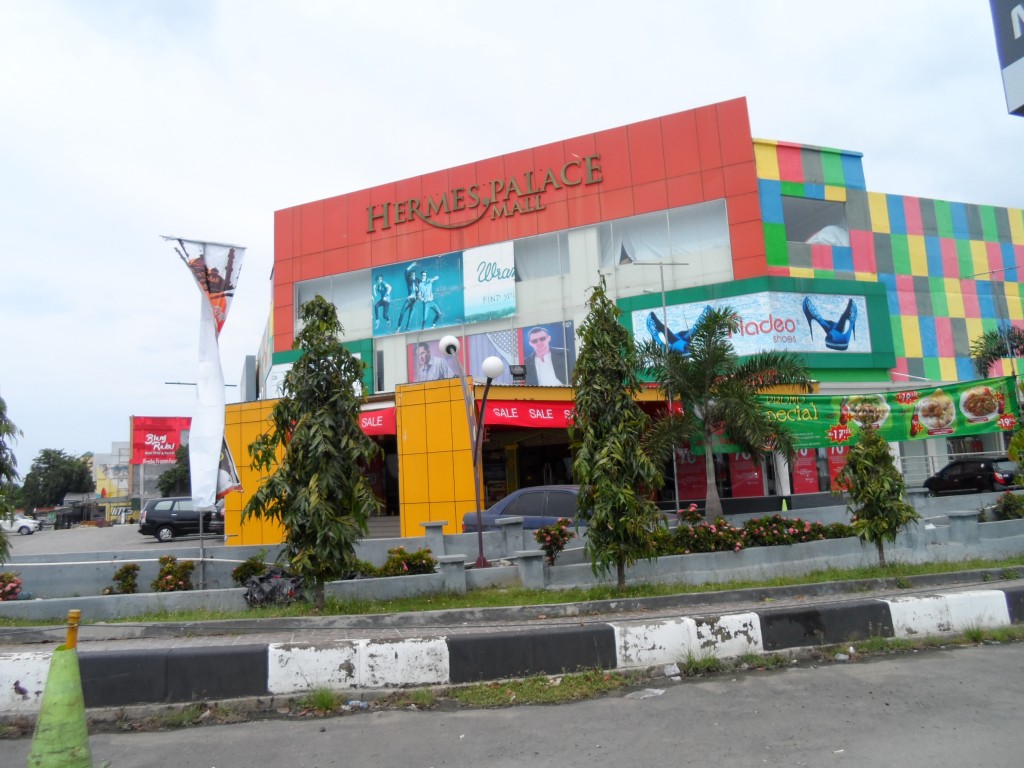
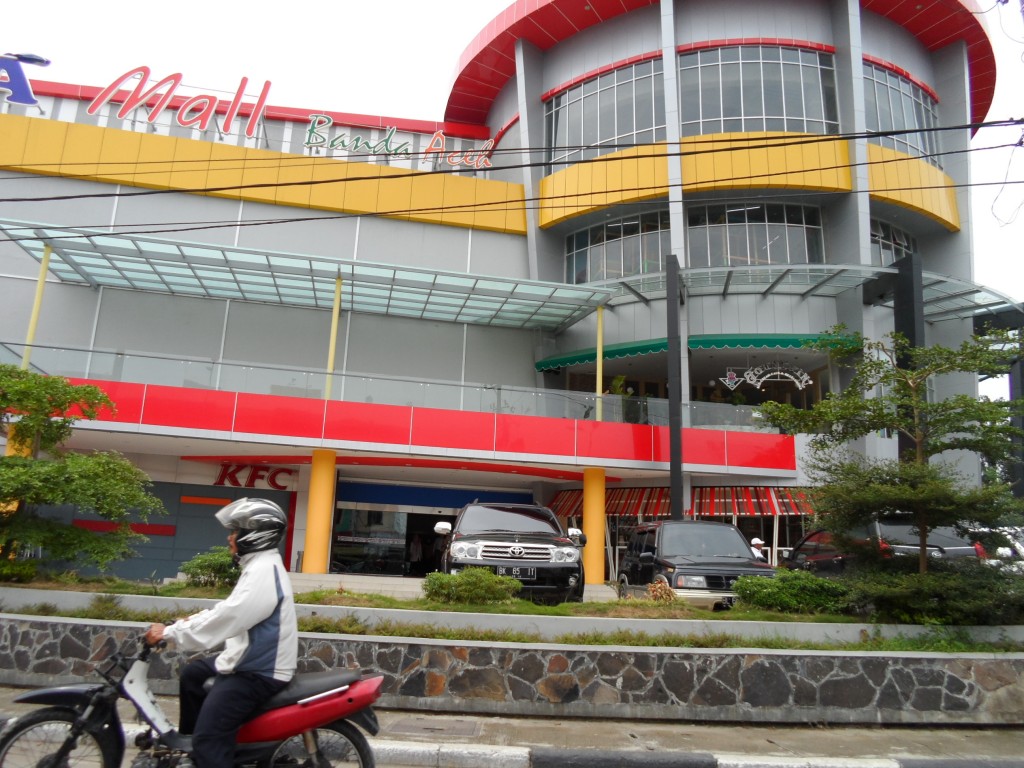
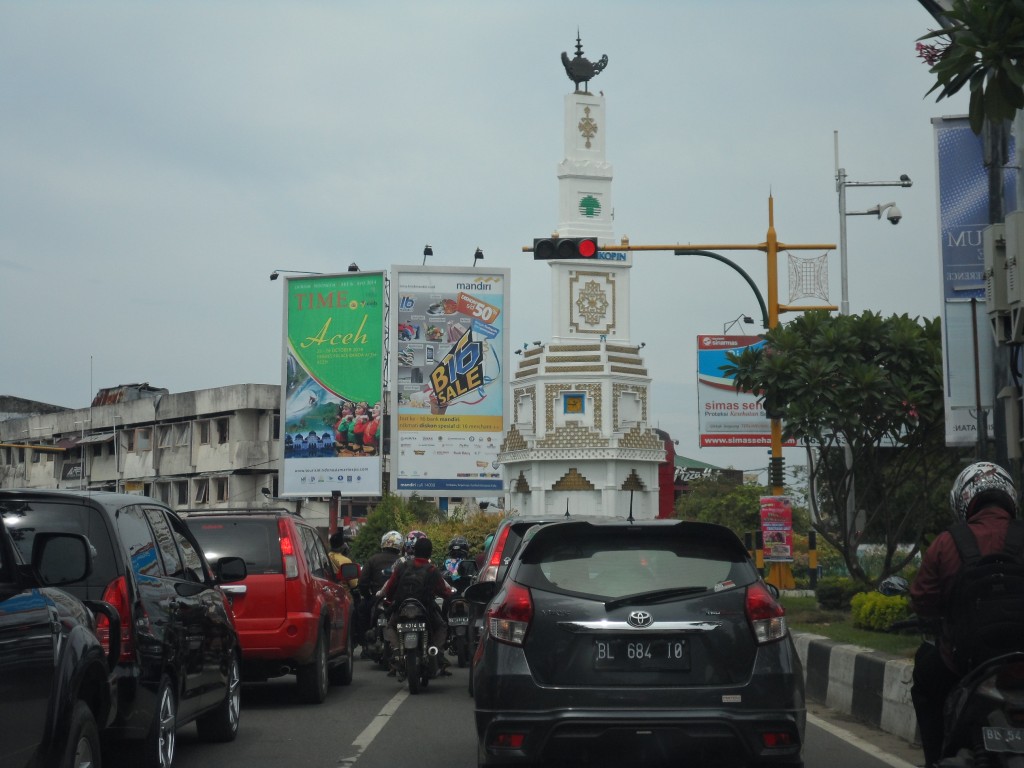
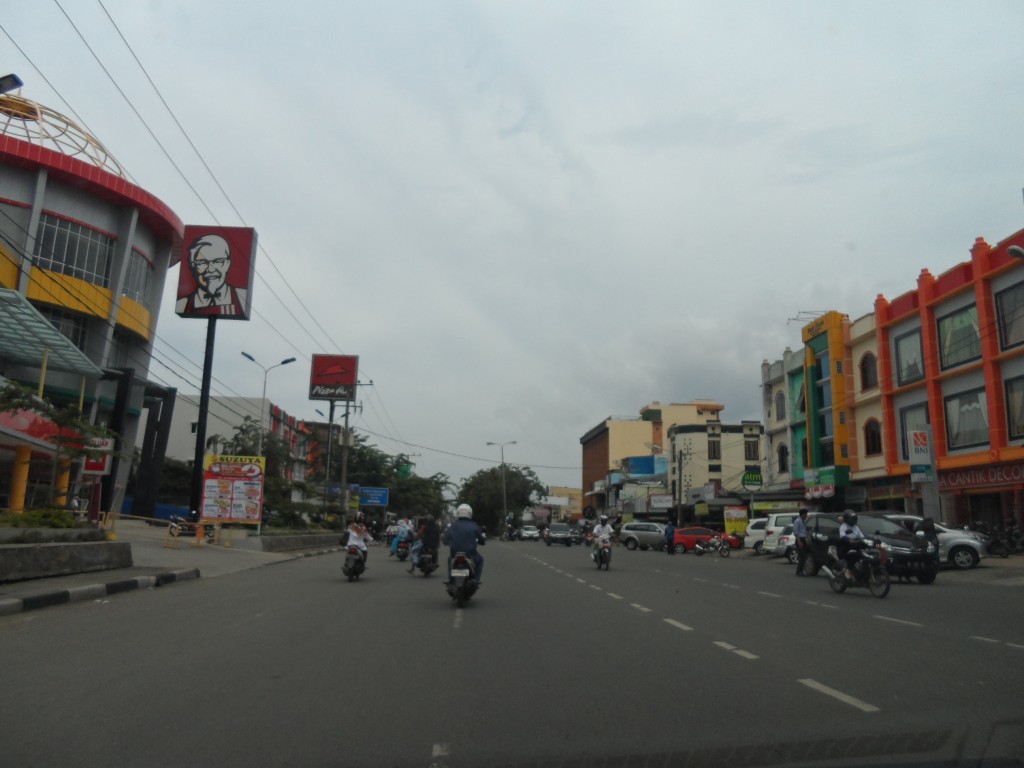
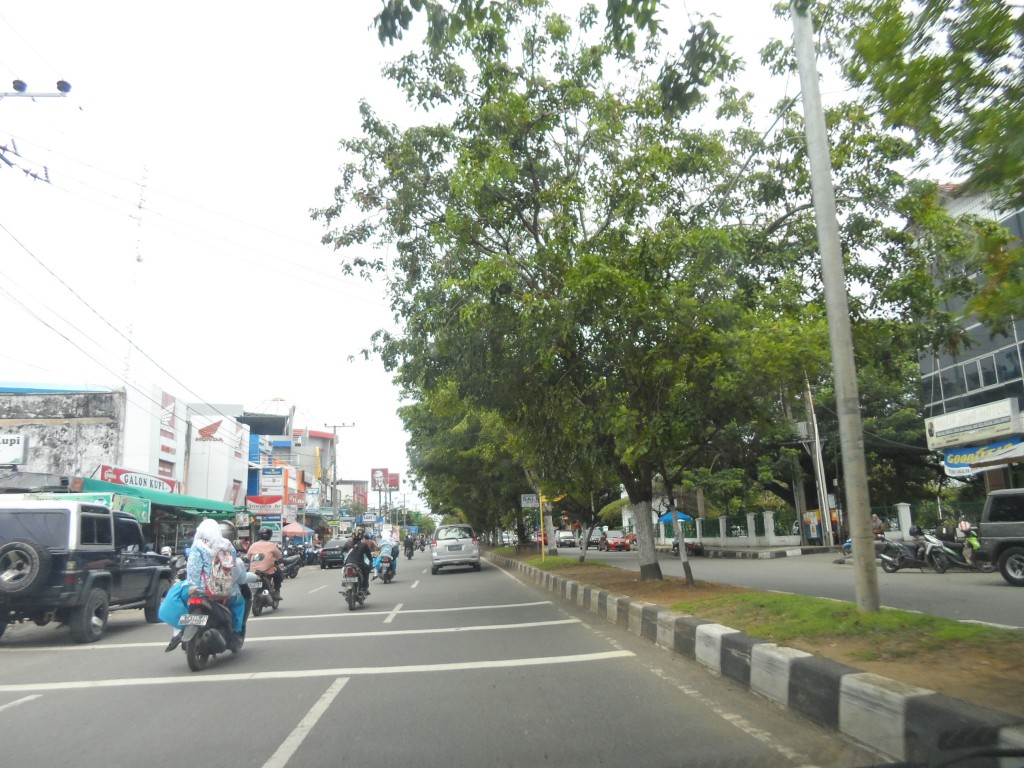
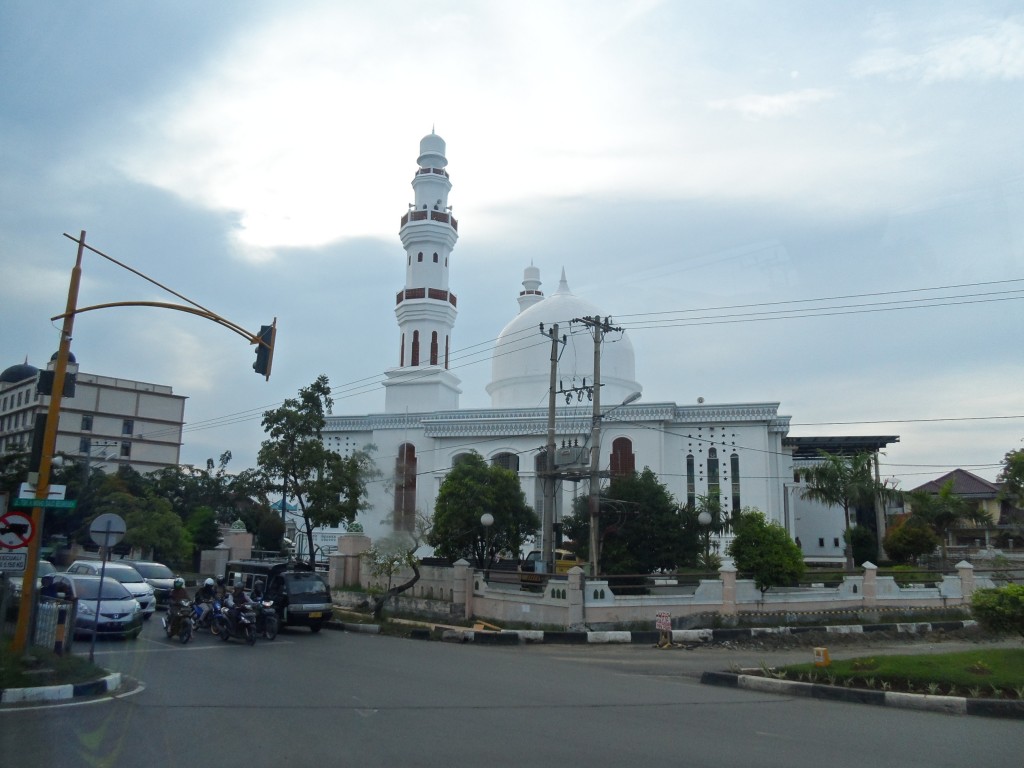
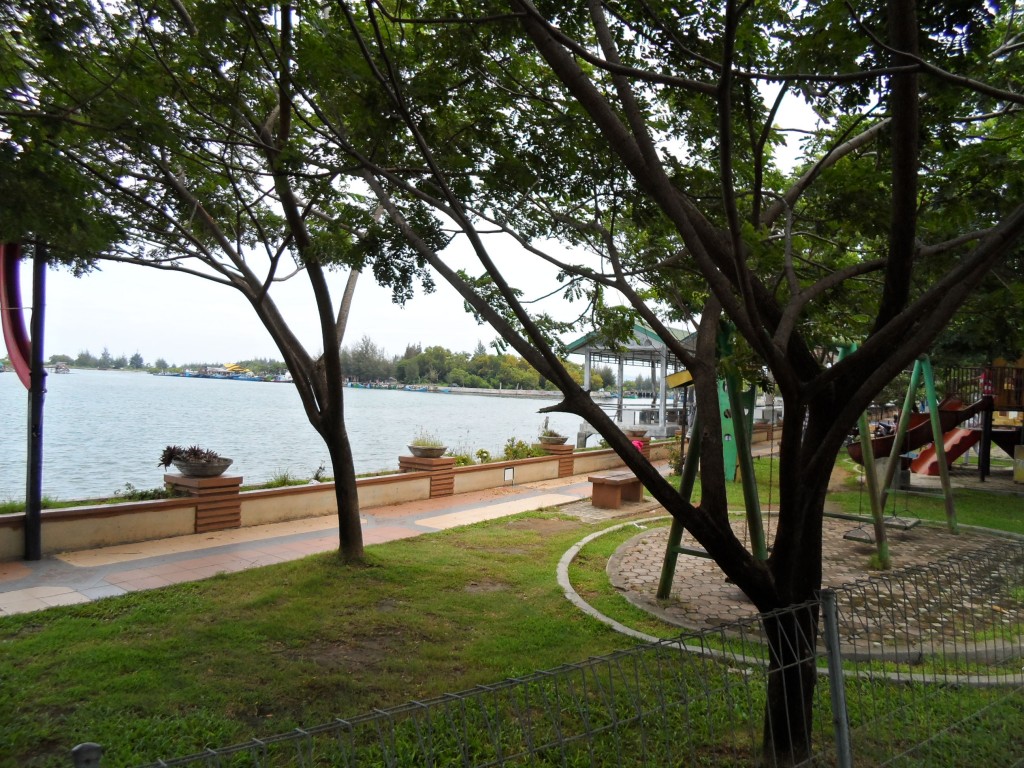
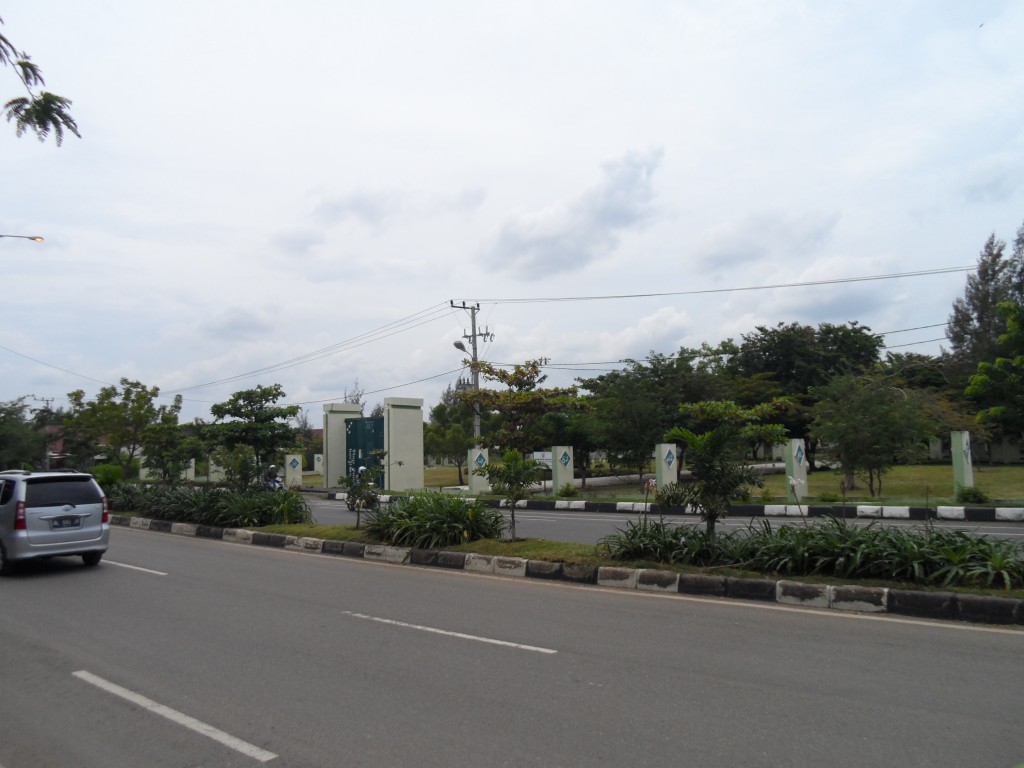
The cemetery where the tsunami victims were buried in a mass grave.
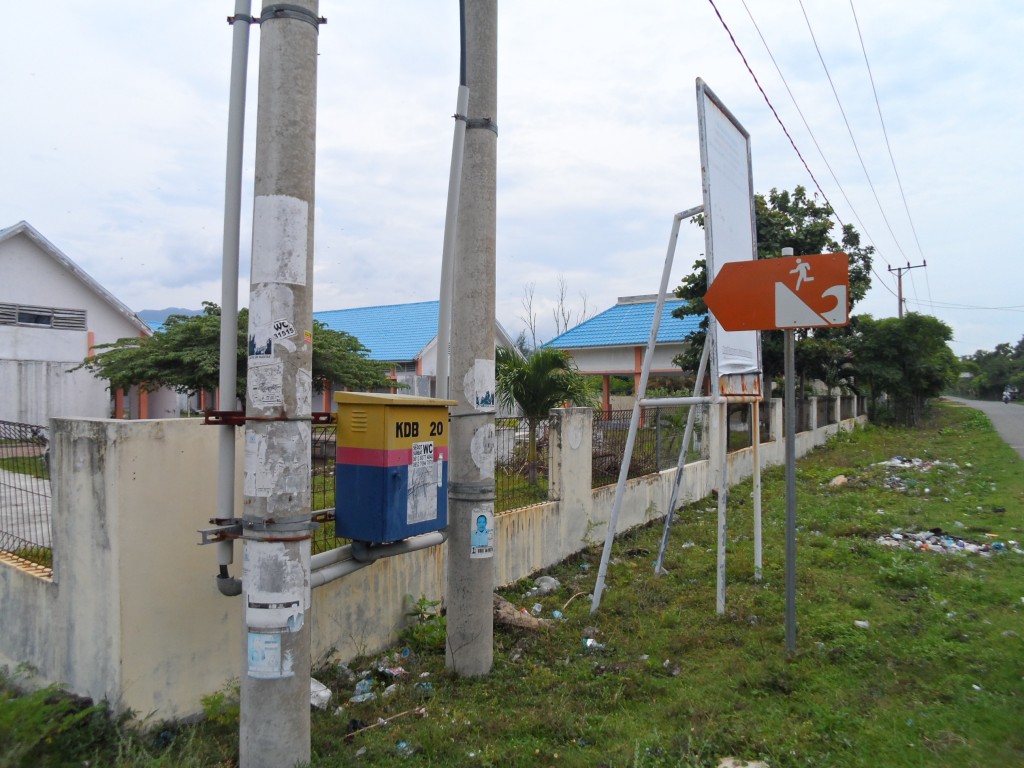
Tsunami escape route signs can now be seen all over the city and in the countryside.
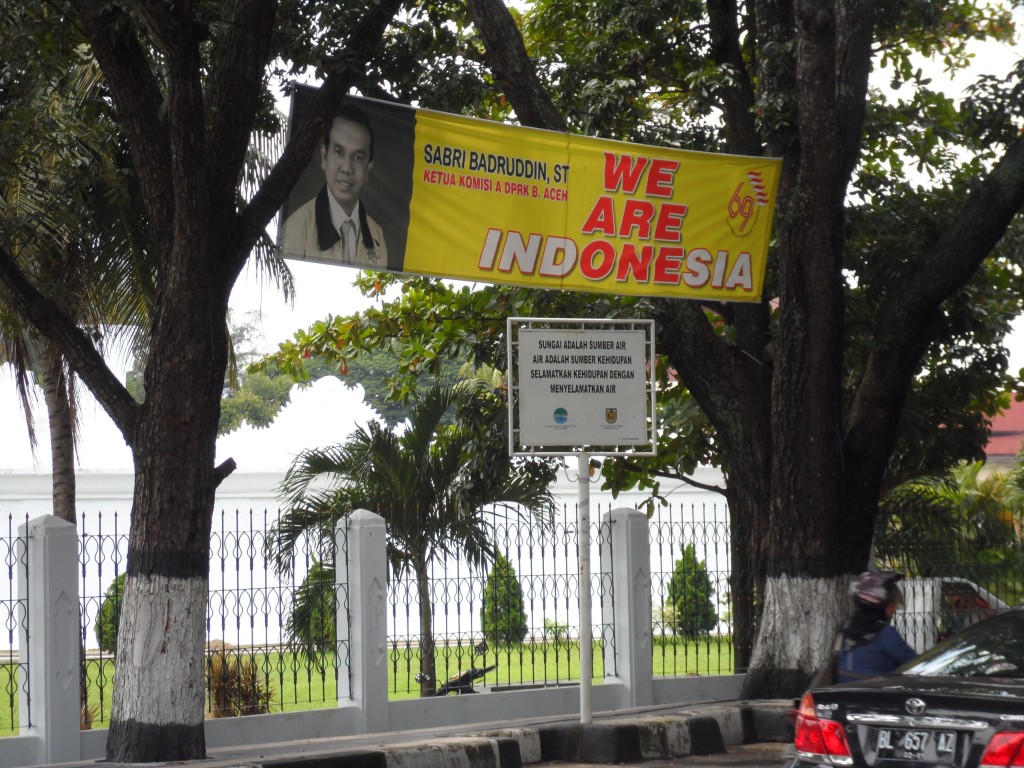
One candidate’s banner in the recent election that says it all



Liked this article? Share it!